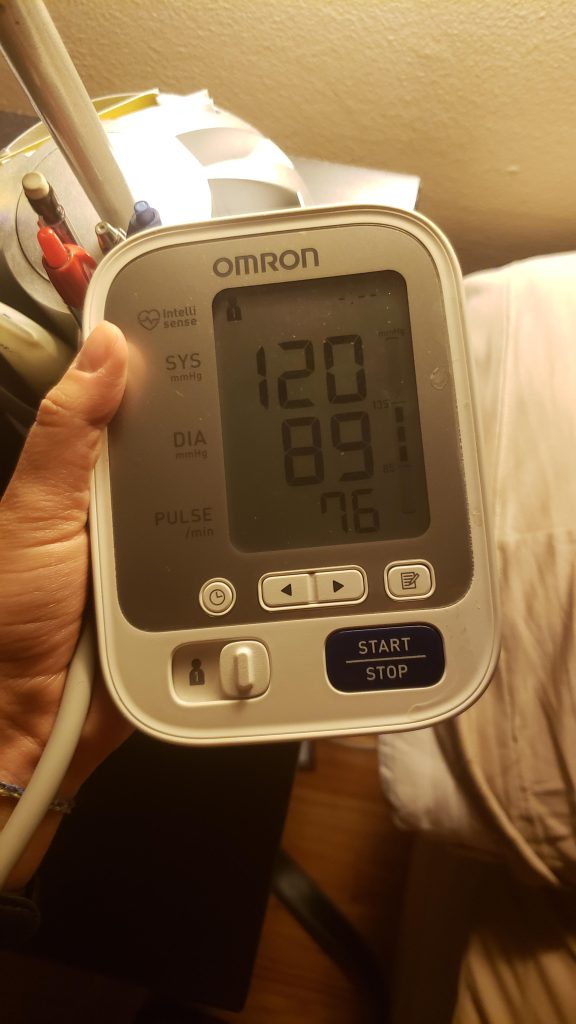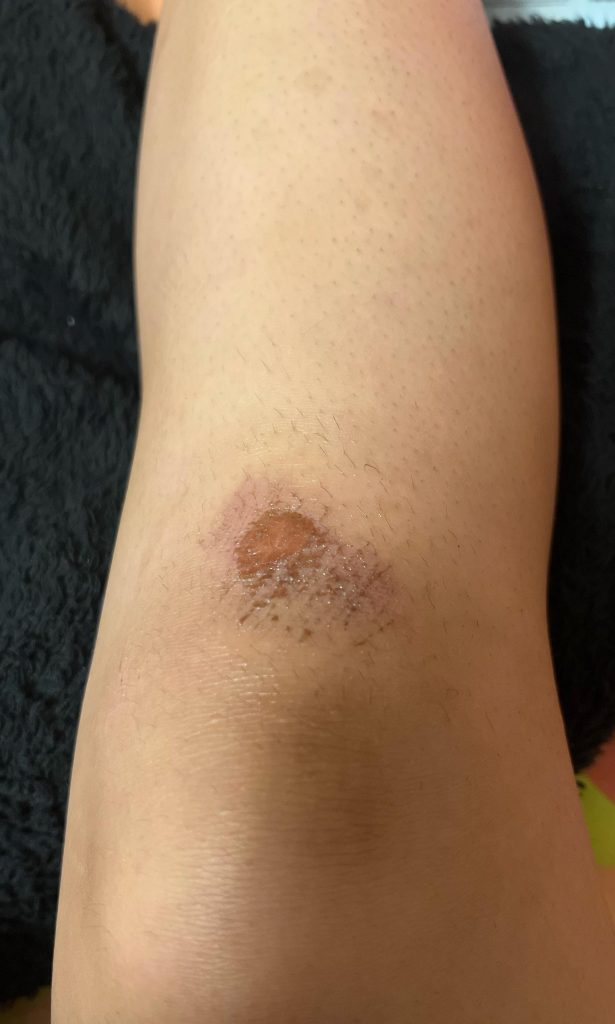
10+ Permanent Body Changes That Happen After Menopause
1. Menstruation will stop.... a blessing or a curse?
 image source: reddit.com
image source: reddit.com
Menopause marks the end of a woman's reproductive years, signifying the permanent cessation of menstrual periods. This occurs due to the depletion of ovarian follicles, resulting in a decline in estrogen and progesterone production.Advertisement
2. There will be a decline in estrogen levels
 image source: reddit.com
image source: reddit.com
Estrogen, the primary female sex hormone, plays a crucial role in regulating various bodily functions, including reproductive health, bone density, and cardiovascular health. During menopause, there is a significant decline in estrogen production as the ovaries gradually stop releasing eggs.Advertisement
3. More likely to get wrinkles or sagging skin
 image source: reddit.com
image source: reddit.com
Estrogen plays a role in maintaining skin elasticity and hydration. As estrogen levels decline during menopause, the skin may become thinner, drier, and less elastic. This can lead to the formation of wrinkles, sagging skin, and an overall dull complexion.Advertisement
4. Increase in body fat (especially around the tummy)
 image source: reddit.com
image source: reddit.com
Changes in hormone levels during menopause can contribute to changes in body composition, including an increase in abdominal fat. This shift in fat distribution is associated with an increased risk of metabolic disorders such as diabetes and cardiovascular disease.Advertisement
5. Vaginal tissues will become thinner and drier
 image source: reddit.com
image source: reddit.com
Decreased estrogen levels during menopause can lead to changes in vaginal health, including thinning and dryness of the vaginal tissues. This can result in discomfort during sexual intercourse, increased susceptibility to vaginal infections, and urinary symptoms such as urgency and frequency.Advertisement
6. Loss of muscle mass and strength
image source: reddit.com
Age-related muscle loss, known as sarcopenia, is accelerated during menopause due to hormonal changes and decreased physical activity. Loss of muscle mass and strength can lead to decreased mobility, increased risk of falls and fractures, and a decline in overall physical function.Advertisement
7. Reduction in bone density
 image source: reddit.com
image source: reddit.com
Estrogen plays a crucial role in maintaining bone density by regulating the activity of osteoblasts and osteoclasts, the cells responsible for bone formation and resorption. As estrogen levels decline during menopause, there is an increased risk of bone loss and osteoporosis, a condition characterized by weakened and fragile bones.Advertisement
8. Breasts will likely change in size and shape
 image source: reddit.com
image source: reddit.com
Hormonal fluctuations during menopause can lead to changes in breast tissue, including a decrease in breast size and changes in breast shape and firmness. Additionally, the loss of elasticity in the skin can contribute to sagging and drooping of the breasts.Advertisement
9. Breasts will also contain more fatty tissue
 image source: reddit.com
image source: reddit.com
Breast density refers to the proportion of glandular and fibrous tissue compared to fatty tissue in the breasts. As women age and go through menopause, breast density tends to decrease, with the breasts containing more fatty tissue and less glandular tissue.Advertisement
10. Hair loss or thinning
 image source: reddit.com
image source: reddit.com
Changes in hormone levels during menopause can affect hair growth cycles, leading to hair loss or thinning, especially on the scalp. This type of hair loss, known as female pattern hair loss or androgenetic alopecia, is characterized by a gradual thinning of the hair, widening of the part, and a reduction in hair density.Advertisement
11. You might have an increase in facial hair growth
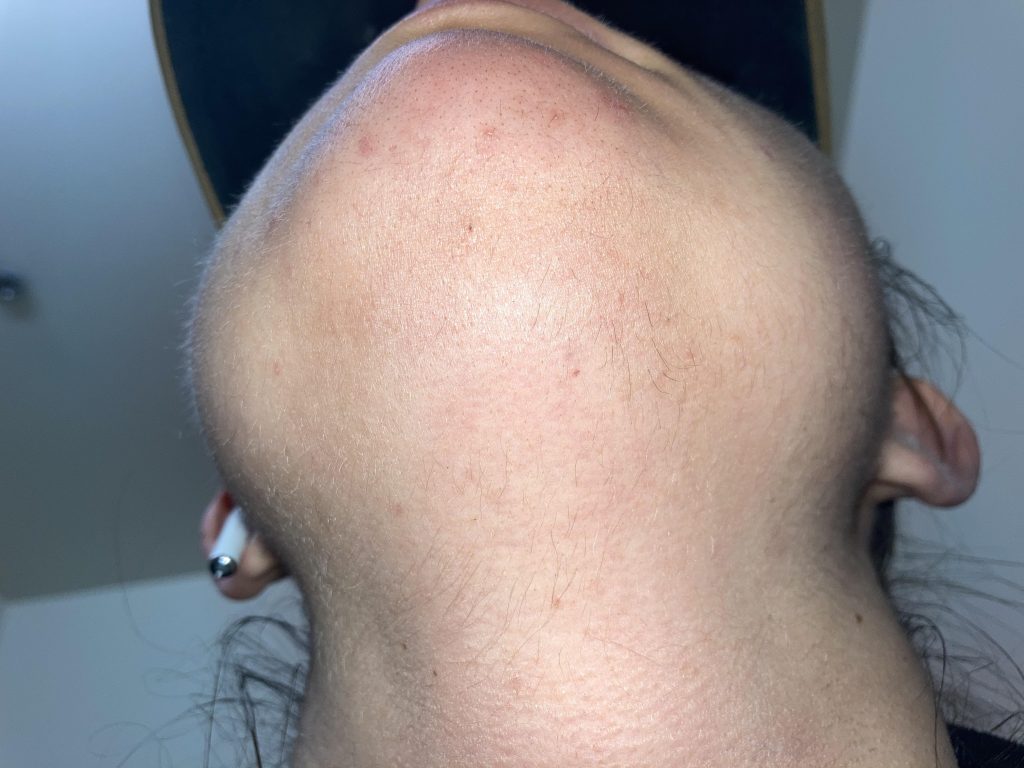 image source: reddit.com
image source: reddit.com
Hormonal changes during menopause can lead to an increase in facial hair growth, known as hirsutism. This excess hair growth, which may appear on the upper lip, chin, cheeks, or neck, is often coarse and dark and can be distressing for many women.Advertisement
12. Body odor will likely change
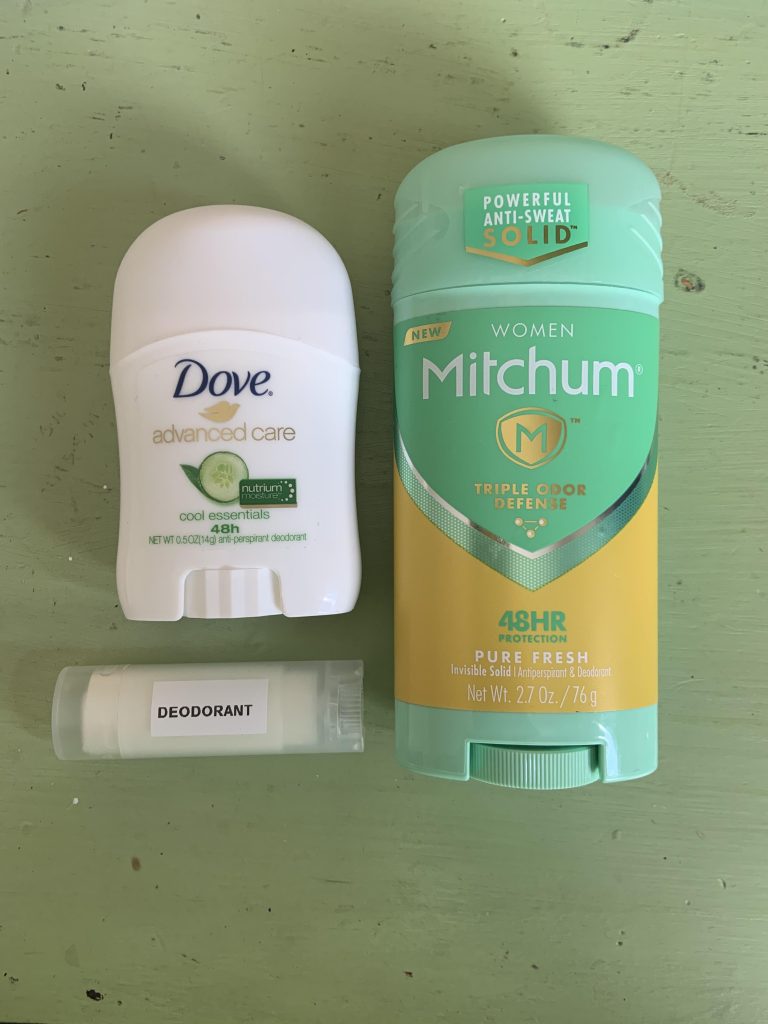 image source: reddit.com
image source: reddit.com
Hormonal changes during menopause can alter body odor due to changes in sweat production and composition. Additionally, changes in hormone levels can affect the activity of apocrine glands, which are responsible for producing body odor.Advertisement
13. Loss of collagen means wrinkles
 image source: reddit.com
image source: reddit.com
Collagen is a protein that provides structure and elasticity to the skin, helping to maintain its firmness and youthful appearance. As women age and go through menopause, collagen production naturally declines, leading to a loss of skin elasticity and the formation of wrinkles, fine lines, and sagging skin.Advertisement
14. Decrease in libido
 image source: reddit.com
image source: reddit.com
Changes in hormone levels, particularly a decrease in estrogen and testosterone, can affect libido or sexual desire during menopause. Many women experience a decline in sexual desire or arousal, as well as changes in sexual responsiveness and satisfaction.Advertisement
15. Changes in mood
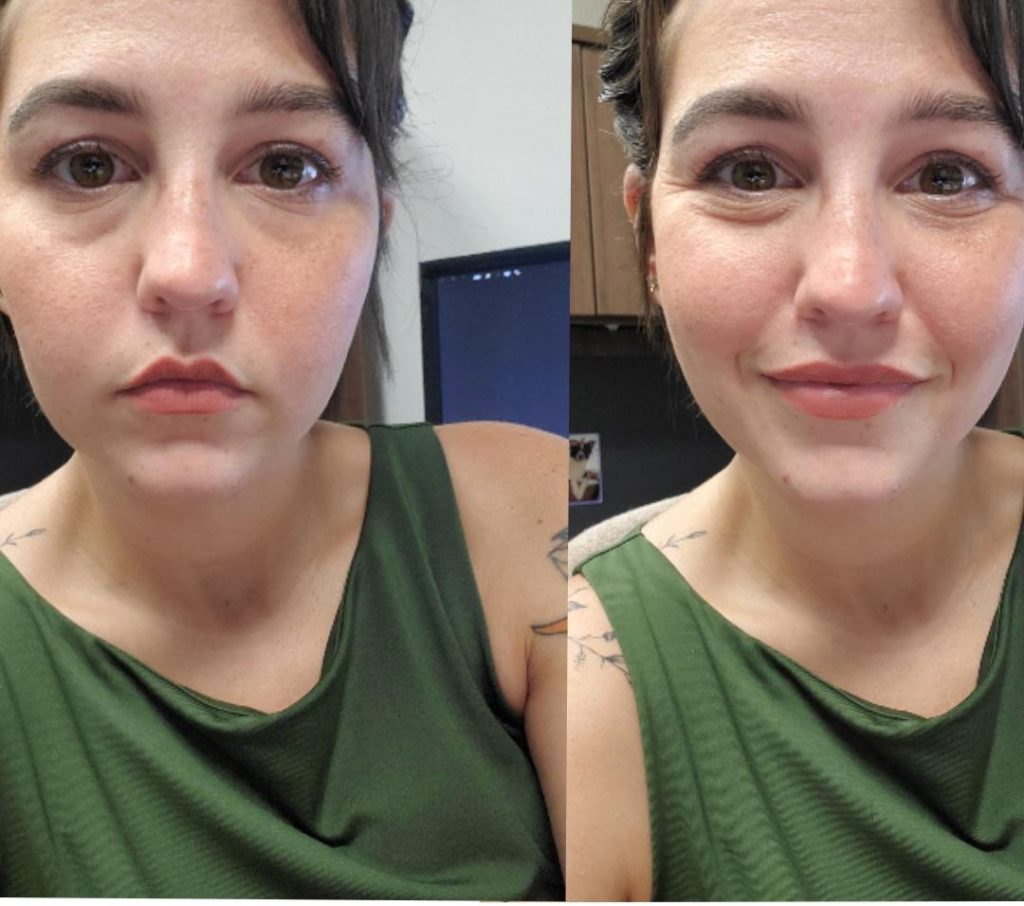 image source: reddit.com
image source: reddit.com
Hormonal fluctuations during menopause can affect neurotransmitters in the brain, such as serotonin and dopamine, which regulate mood and emotions. As a result, many women experience changes in mood during menopause, including mood swings, irritability, anxiety, and depression.Advertisement
16. Hot flashes and night sweats
 image source: reddit.com
image source: reddit.com
Hot flashes and night sweats are hallmark symptoms of menopause, affecting many women during the perimenopausal and postmenopausal periods. Hot flashes are sudden feelings of warmth, often accompanied by flushing of the face, sweating, and rapid heartbeat.Advertisement
17. Difficulty sleeping
 image source: reddit.com
image source: reddit.com
Sleep disturbances are common during menopause, with many women experiencing difficulty falling asleep, staying asleep, or waking up too early. Hormonal changes, hot flashes, night sweats, mood disturbances, and physical discomfort can all contribute to sleep problems during menopause.Advertisement
18. Changes in cholesterol levels
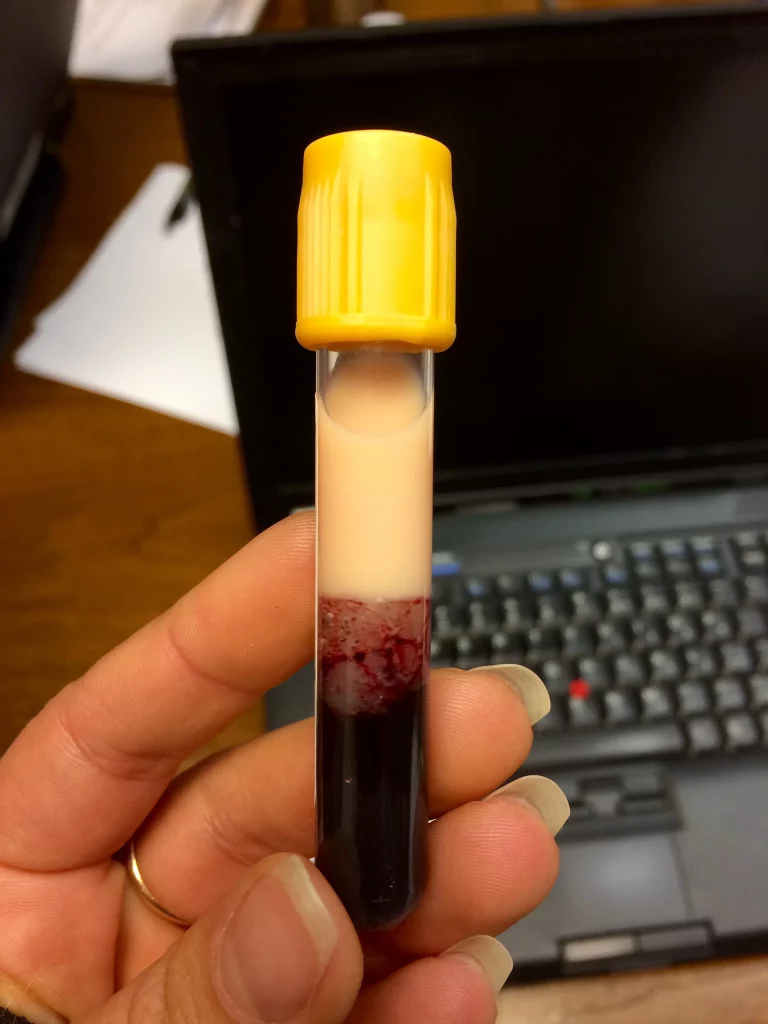 image source: reddit.com
image source: reddit.com
Hormonal changes during menopause can affect lipid metabolism and cholesterol levels, leading to changes in lipid profiles. Many women experience an increase in low-density lipoprotein (LDL) cholesterol, often referred to as "bad" cholesterol, and a decrease in high-density lipoprotein (HDL) cholesterol, or "good" cholesterol, during menopause.Advertisement
19. Increased risk of cardiovascular issues
 image source: reddit.com
image source: reddit.com
Estrogen has cardioprotective effects, helping to maintain healthy blood vessels, regulate blood pressure, and protect against atherosclerosis, the buildup of plaque in the arteries. As estrogen levels decline during menopause, women become more susceptible to cardiovascular disease.Advertisement
20. Changes in blood pressure
image source: reddit.com
Hormonal changes during menopause can affect blood pressure regulation, leading to changes in blood pressure levels. Many women experience an increase in blood pressure during menopause, particularly systolic blood pressure, which is the top number in a blood pressure reading and represents the pressure in the arteries when the heart beats.Advertisement
21. Less control over the bladder
 image source: reddit.com
image source: reddit.com
Hormonal changes and changes in pelvic floor muscles during menopause can increase the risk of urinary incontinence, the involuntary loss of urine. Many women experience stress urinary incontinence, which occurs during activities such as coughing, sneezing, laughing, or exercising, as well as urge urinary incontinence.Advertisement
22. Changes in bowel habits
 image source: reddit.com
image source: reddit.com
Hormonal changes and changes in diet, physical activity, and lifestyle during menopause can affect bowel habits and digestive health. Many women experience changes in bowel habits during menopause, including constipation, diarrhea, bloating, and abdominal discomfort.Advertisement
23. Decrease in how much the bladder can hold
 image source: reddit.com
image source: reddit.com
Hormonal changes and changes in bladder function during menopause can lead to a decrease in bladder capacity, the amount of urine the bladder can hold comfortably. Many women experience increased urinary frequency and urgency during menopause, as well as nocturia, the need to wake up during the night to urinate.Advertisement
24. Dry eyes and vision changes
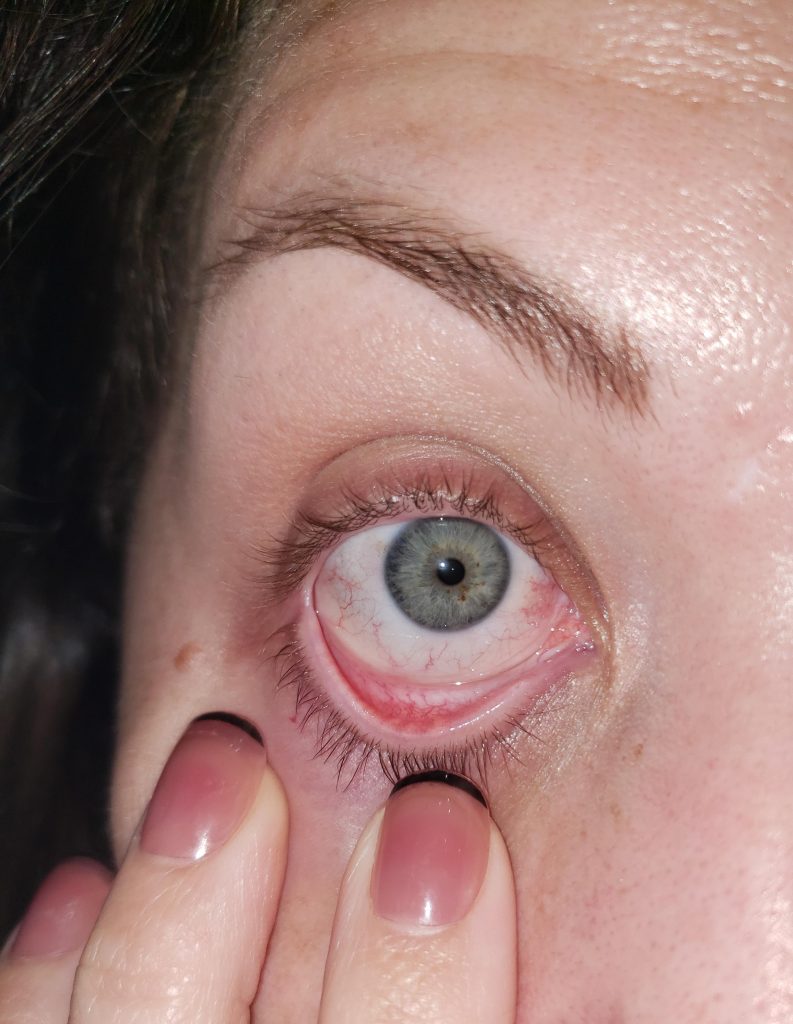 image source: reddit.com
image source: reddit.com
Hormonal changes during menopause can affect tear production and eye health, leading to dry eyes and changes in vision. Many women experience symptoms such as dryness, itching, burning, redness, and sensitivity to light during menopause, as well as changes in vision such as difficulty focusing, blurred vision, and increased sensitivity to glare.Advertisement
25. Joint pain and stiffness
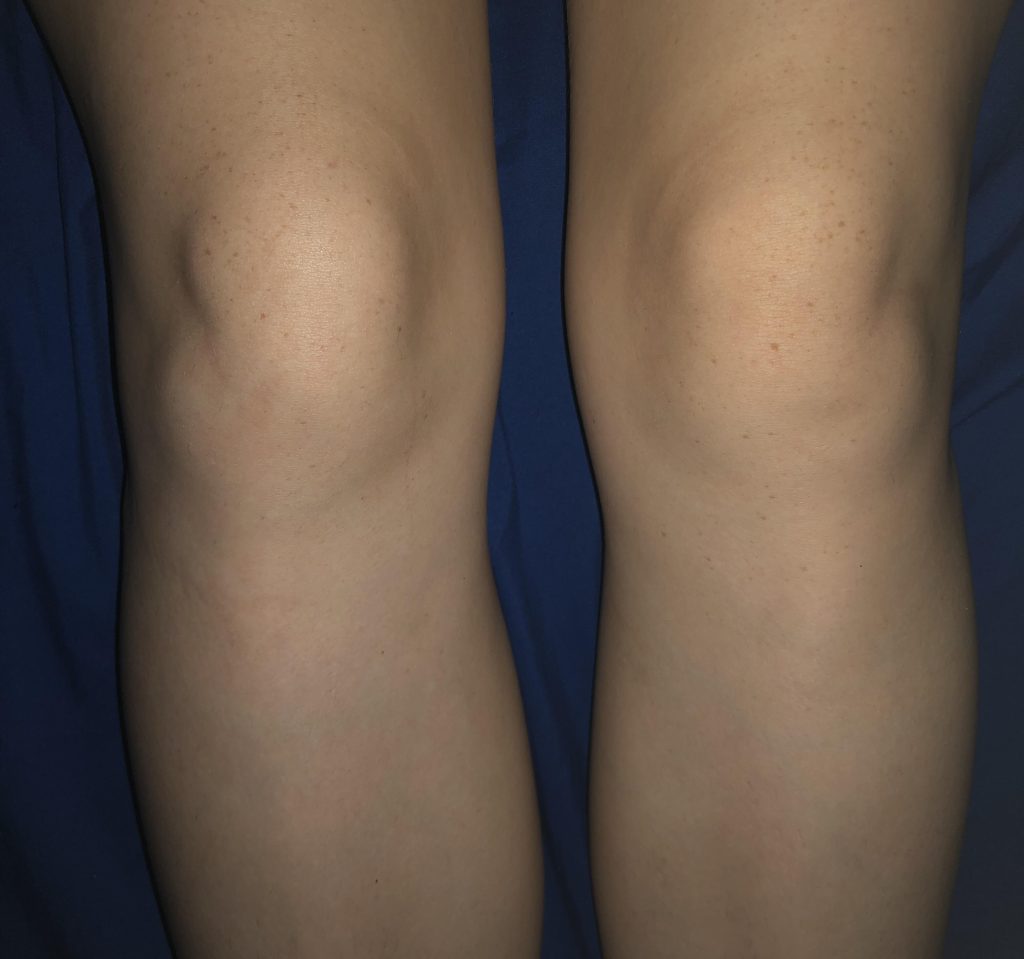 image source: reddit.com
image source: reddit.com
Hormonal changes and changes in inflammatory markers during menopause can affect joint health and contribute to joint pain and stiffness. Many women experience symptoms such as joint pain, stiffness, swelling, and decreased range of motion during menopause, particularly in weight-bearing joints such as the knees, hips, and spine.Advertisement
26. Increased risk of arthritis
 image source: reddit.com
image source: reddit.com
Hormonal changes and changes in inflammatory markers during menopause can increase the risk of arthritis, a group of inflammatory joint diseases characterized by joint pain, stiffness, swelling, and decreased range of motion. Many women experience an increased risk of developing arthritis during and after menopause, particularly osteoarthritis.Advertisement
27. Slower metabolism
 image source: reddit.com
image source: reddit.com
Hormonal changes and changes in body composition during menopause can affect metabolism, the process by which the body converts food into energy. Many women experience a decrease in metabolic rate during menopause, leading to slower energy expenditure and an increased risk of weight gain and obesity.Advertisement
28. Increase in visceral fat
 image source: reddit.com
image source: reddit.com
Hormonal changes and changes in body composition during menopause can lead to an increase in visceral fat, the fat that accumulates around the abdominal organs. Many women experience changes in fat distribution during menopause, with a shift from subcutaneous fat, which is located just beneath the skin, to visceral fat, which is deeper.Advertisement
29. Changes in blood sugar levels
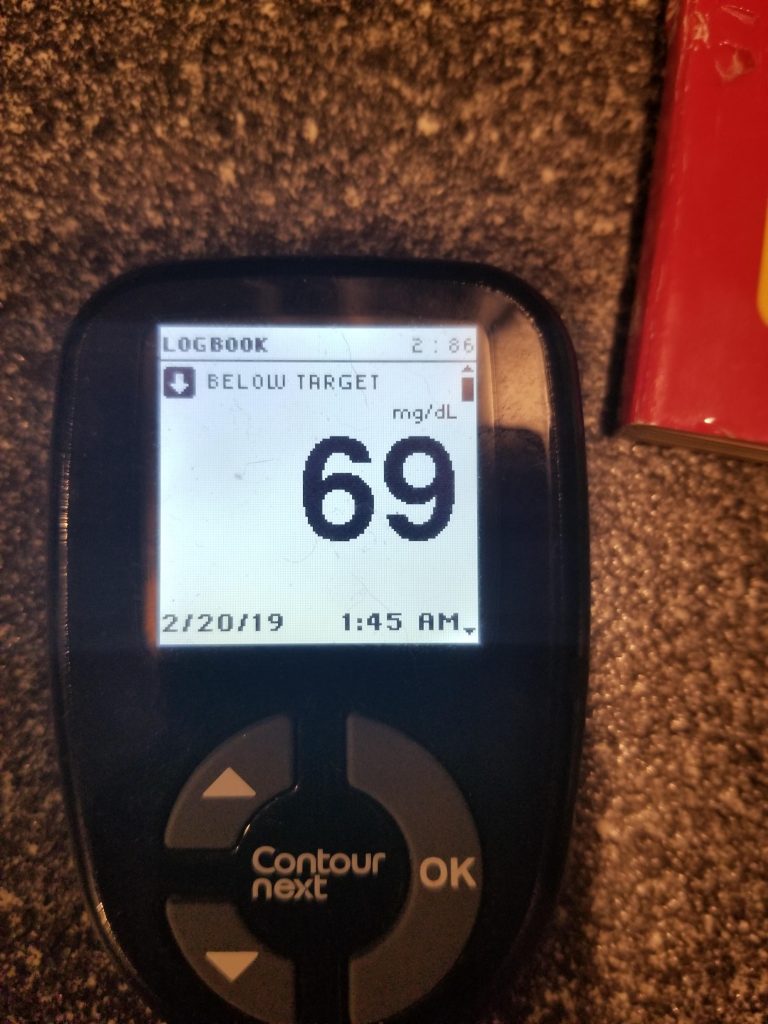 image source: reddit.com
image source: reddit.com
Hormonal changes and changes in insulin sensitivity during menopause can affect blood sugar levels and increase the risk of diabetes, particularly type 2 diabetes. Many women experience changes in blood sugar regulation during menopause, with fluctuations in blood glucose levels and increased insulin resistance.Advertisement
30. Memory problems
 image source: reddit.com
image source: reddit.com
Hormonal changes and changes in brain function during menopause can affect memory and cognitive function, leading to memory problems and cognitive decline. Many women experience symptoms such as forgetfulness and difficulty concentrating.Advertisement
31. Decrease in skin thickness
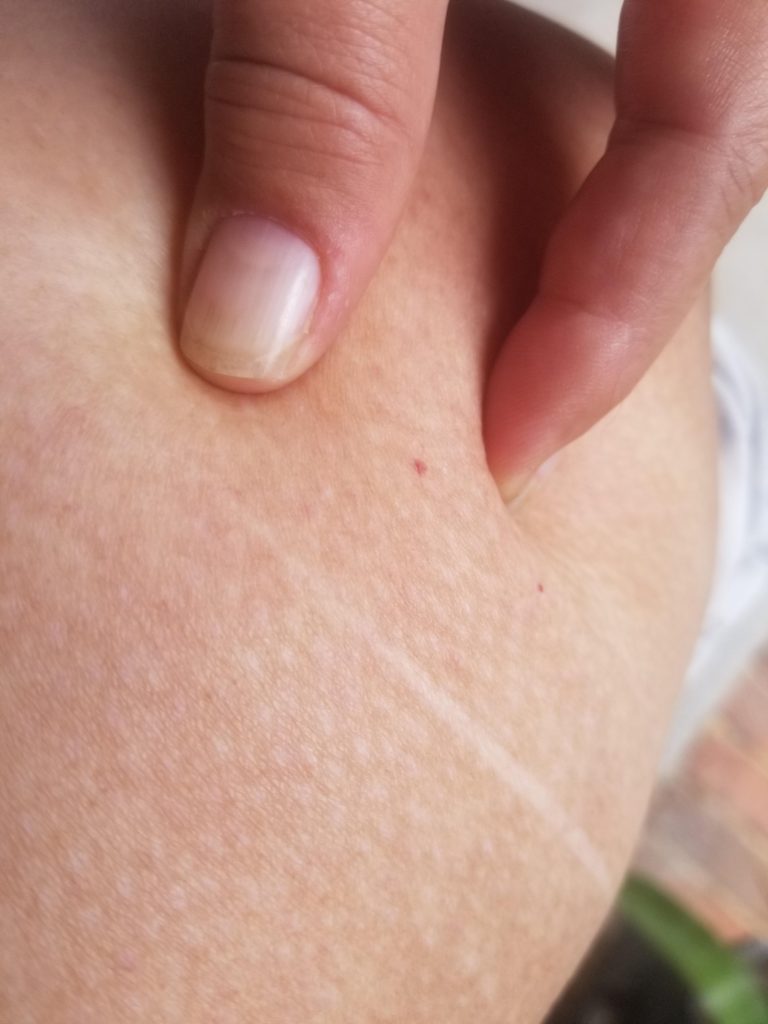 image source: reddit.com
image source: reddit.com
Hormonal changes and changes in collagen production during menopause can lead to a decrease in skin thickness, particularly in the dermis, the deeper layer of the skin. Many women experience thinning of the skin during menopause, with changes in texture, elasticity, and resilience.Advertisement
32. Changes in taste and smell perception
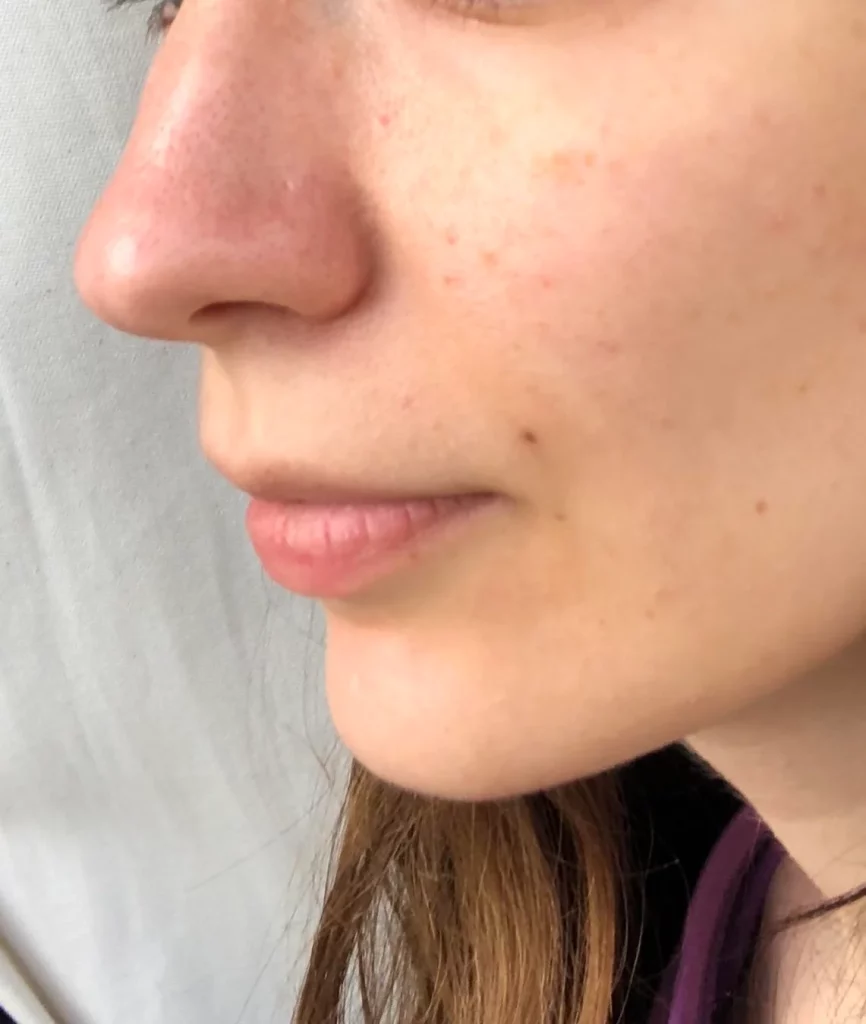 image source: reddit.com
image source: reddit.com
Hormonal changes and changes in sensory perception during menopause can affect taste and smell perception, leading to changes in food preferences and enjoyment. Many women experience alterations in taste and smell during menopause.Advertisement
33. Decreased flexibility
image source: reddit.com
Hormonal changes and changes in muscle elasticity during menopause can lead to decreased flexibility and joint range of motion. Many women experience stiffness, tightness, and decreased mobility during menopause, particularly in weight-bearing joints such as the hips, knees, and spine.Advertisement
34. Loss of height
 image source: reddit.com
image source: reddit.com
Hormonal changes and changes in bone density during menopause can increase the risk of vertebral compression fractures, leading to loss of height and changes in posture. Many women experience a decrease in height during menopause, often due to compression fractures in the vertebrae of the spine caused by osteoporosis.Advertisement
35. Changes in breast tissue density
 image source: reddit.com
image source: reddit.com
Hormonal changes and changes in breast tissue composition during menopause can lead to changes in breast density, the proportion of glandular and fibrous tissue compared to fatty tissue in the breasts. Many women experience a decrease in breast density during menopause.Advertisement
36. Breasts become less sensitive
 image source: reddit.com
image source: reddit.com
Hormonal changes and changes in breast tissue during menopause can lead to decreased breast sensitivity, or changes in the ability to feel touch, pressure, or pain in the breasts. Many women experience alterations in breast sensitivity during menopause.Advertisement
37. Changes in the size and shape of the uterus
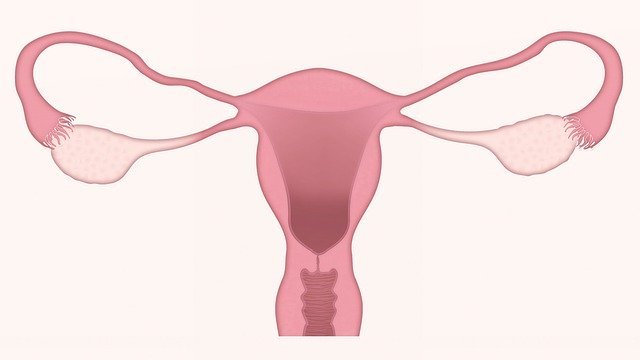 image source: reddit.com
image source: reddit.com
Hormonal changes and changes in reproductive tissues during menopause can lead to changes in the size and shape of the uterus, the organ where fetal development occurs during pregnancy. Many women experience alterations in uterine size and shape during menopause.Advertisement
38. The pelvic floor becomes more weak
 image source: reddit.com
image source: reddit.com
Hormonal changes and changes in pelvic floor muscles during menopause can lead to pelvic floor weakness, or decreased strength and support of the muscles that support the pelvic organs. Many women experience symptoms such as urinary incontinence.Advertisement
39. Pelvic bones change shape
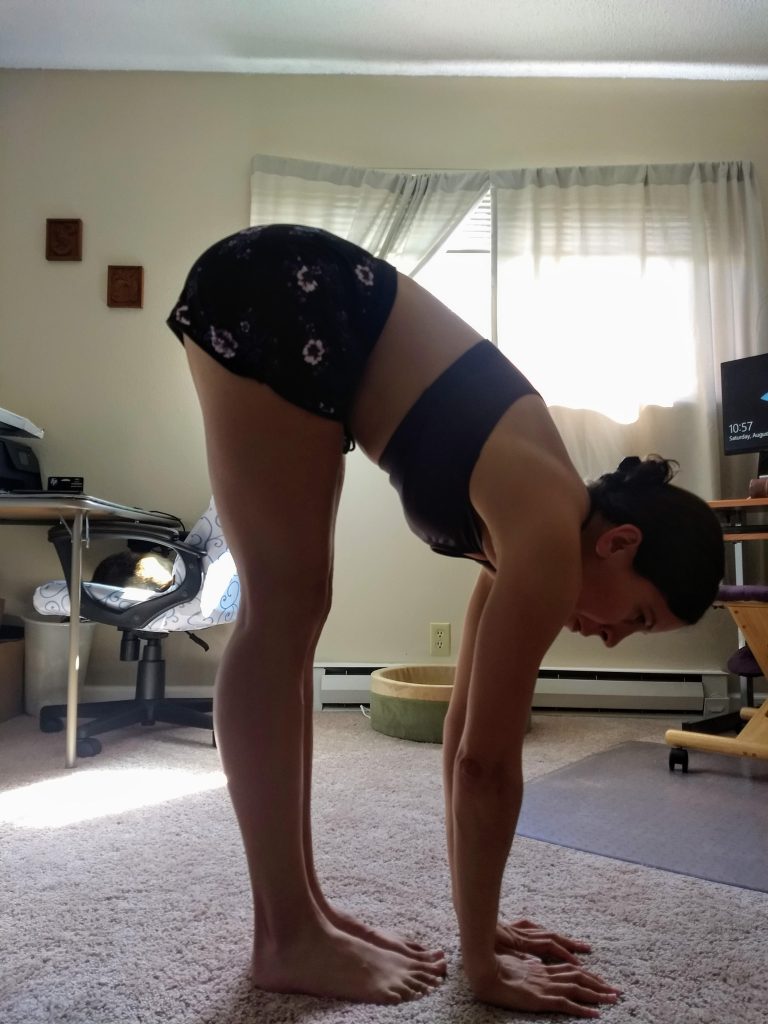 image source: reddit.com
image source: reddit.com
Hormonal changes and changes in bone density during menopause can lead to changes in the shape of the pelvic bones, the bones that form the pelvic girdle and support the pelvic organs. Many women experience alterations in pelvic bone shape during menopause, with changes in the width, depth, and angle of the pelvis.Advertisement
40. Increased risk of inflammatory dental problems
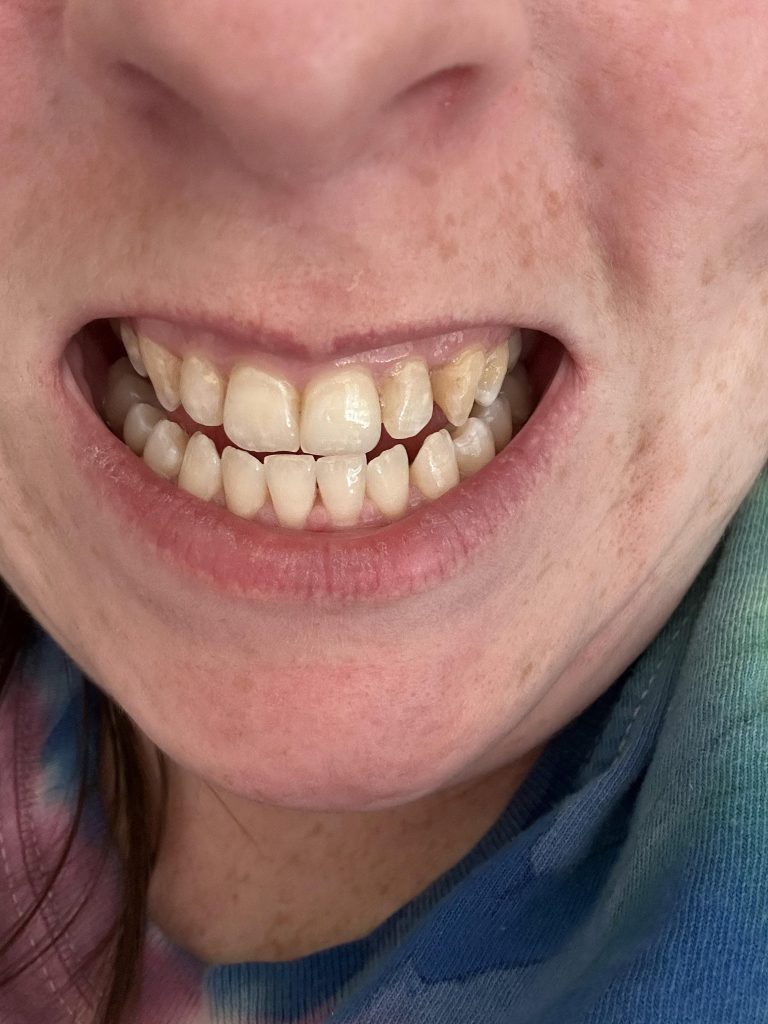 image source: reddit.com
image source: reddit.com
Hormonal changes and changes in oral health during menopause can increase the risk of periodontal disease, a chronic inflammatory condition that affects the gums and supporting structures of the teeth. Many women experience symptoms such as gingivitis, periodontitis, gum recession, and tooth loss.Advertisement
41. Changes in texture and appearance of nails
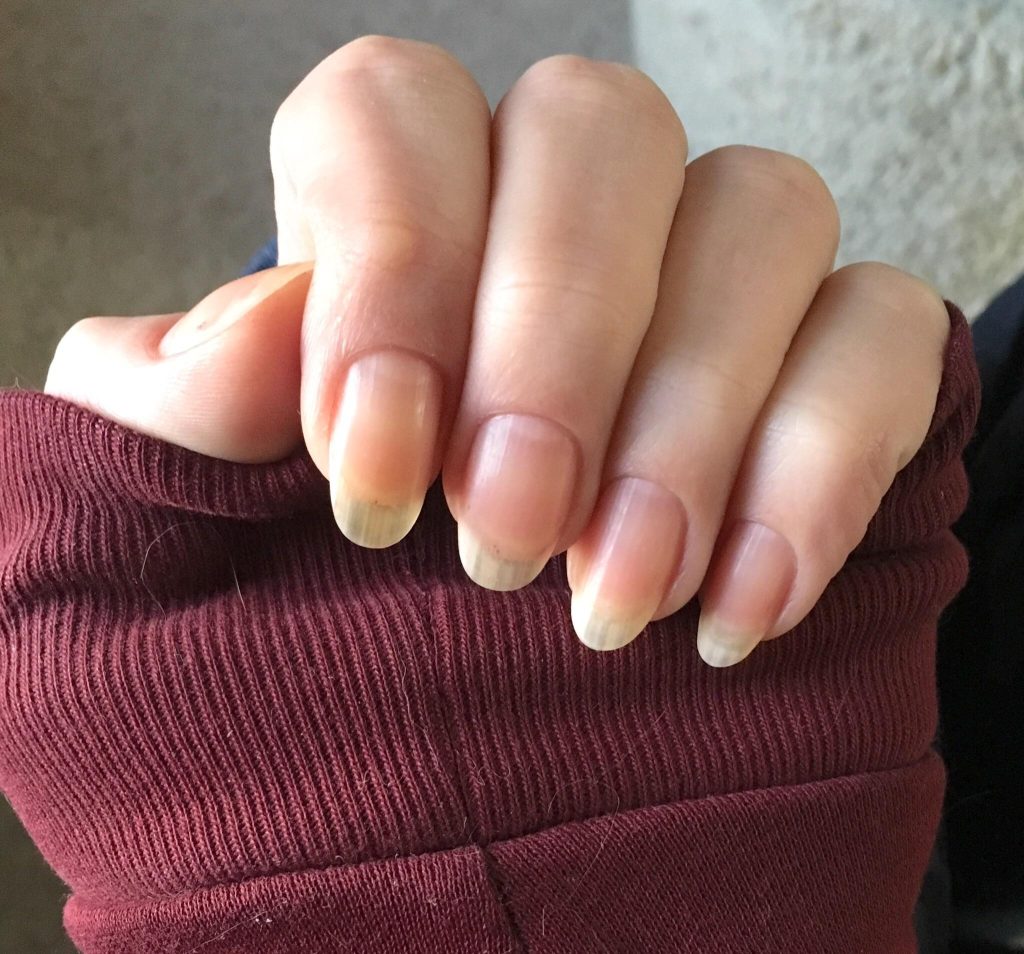 image source: reddit.com
image source: reddit.com
Hormonal changes and changes in nutrient absorption during menopause can affect nail health and lead to changes in the texture and appearance of nails. Many women experience symptoms such as brittle nails, ridges, discoloration, and slow growth due to changes in nail structure and composition during menopause.Advertisement
42. Decreased skin elasticity
 image source: reddit.com
image source: reddit.com
Hormonal changes and changes in collagen production during menopause can lead to decreased skin elasticity, or the ability of the skin to stretch and bounce back to its original shape. Many women experience symptoms such as sagging and wrinkling.Advertisement
43. Wounds take longer to heal
image source: reddit.com
Hormonal changes and changes in immune function during menopause can affect wound healing and lead to slower healing times for cuts, abrasions, and surgical incisions. Many women experience delays in wound healing due to changes in cell proliferation, inflammation, and collagen deposition during menopause.Advertisement
44. Changes in the function of sweat glands
image source: reddit.com
Hormonal changes and changes in thermoregulatory function during menopause can affect the function of sweat glands and lead to changes in sweating patterns. Many women experience symptoms such as hot flashes, night sweats, and increased sweating due to changes in sweat gland activity during menopause.Advertisement
45. Increased risk of gallstones
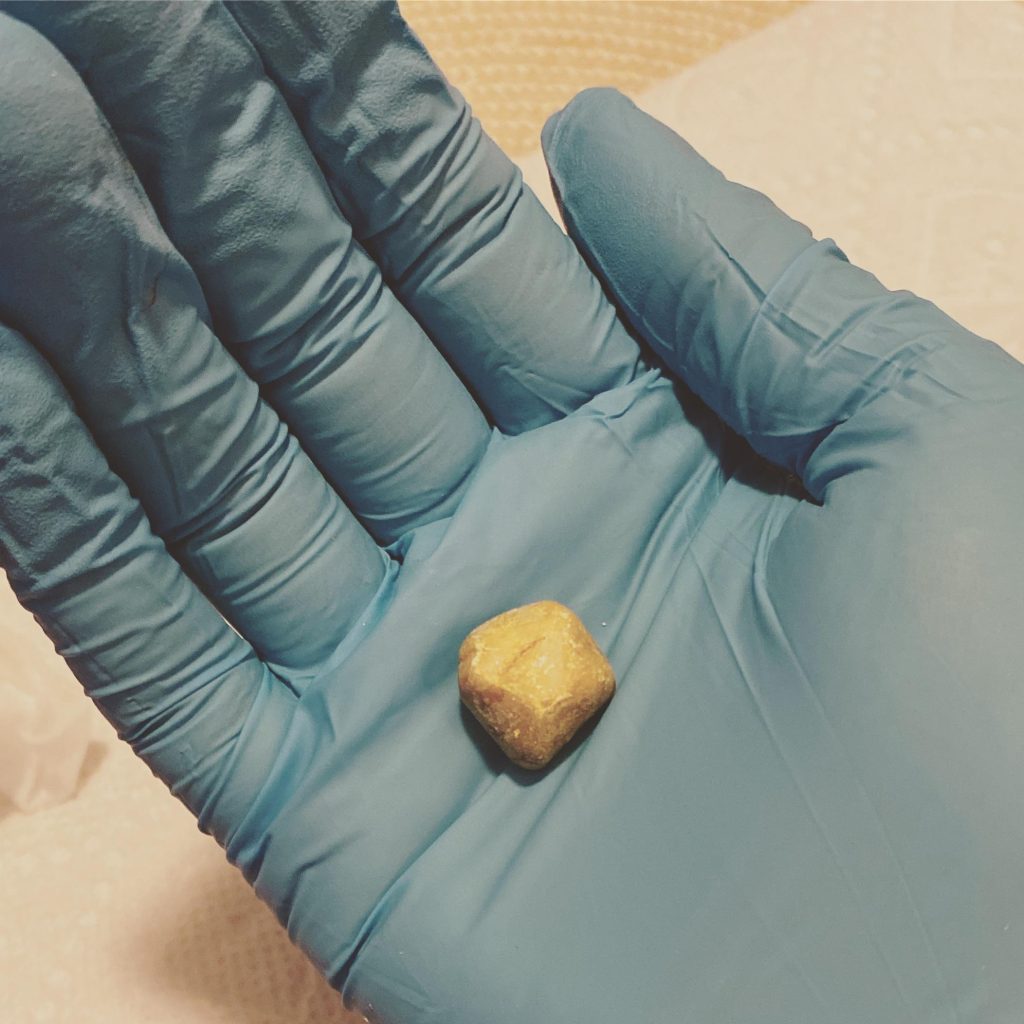 image source: reddit.com
image source: reddit.com
Hormonal changes and changes in cholesterol metabolism during menopause can increase the risk of gallstones, small deposits of hardened bile that form in the gallbladder. Many women experience symptoms such as abdominal pain, nausea and vomiting.Advertisement
46. Changes in the immune system
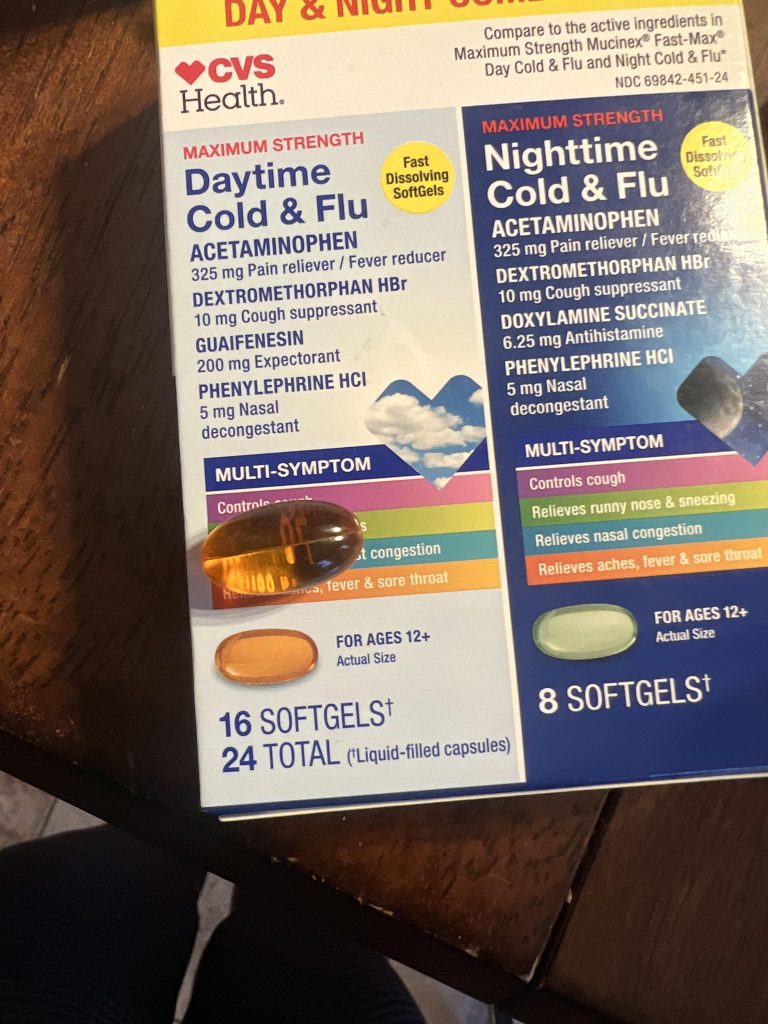 image source: reddit.com
image source: reddit.com
Hormonal changes and changes in immune function during menopause can affect the function of the immune system and increase susceptibility to infections and autoimmune disorders. Many women experience alterations in immune function during menopause.Advertisement
47. Decreased lung function
 image source: reddit.com
image source: reddit.com
Hormonal changes and changes in respiratory function during menopause can affect lung function and lead to decreased lung capacity and efficiency. Many women experience symptoms such as shortness of breath, reduced exercise tolerance, and decreased lung function tests due to changes in lung mechanics and respiratory muscle strength.Advertisement
48. Changes in thyroid function
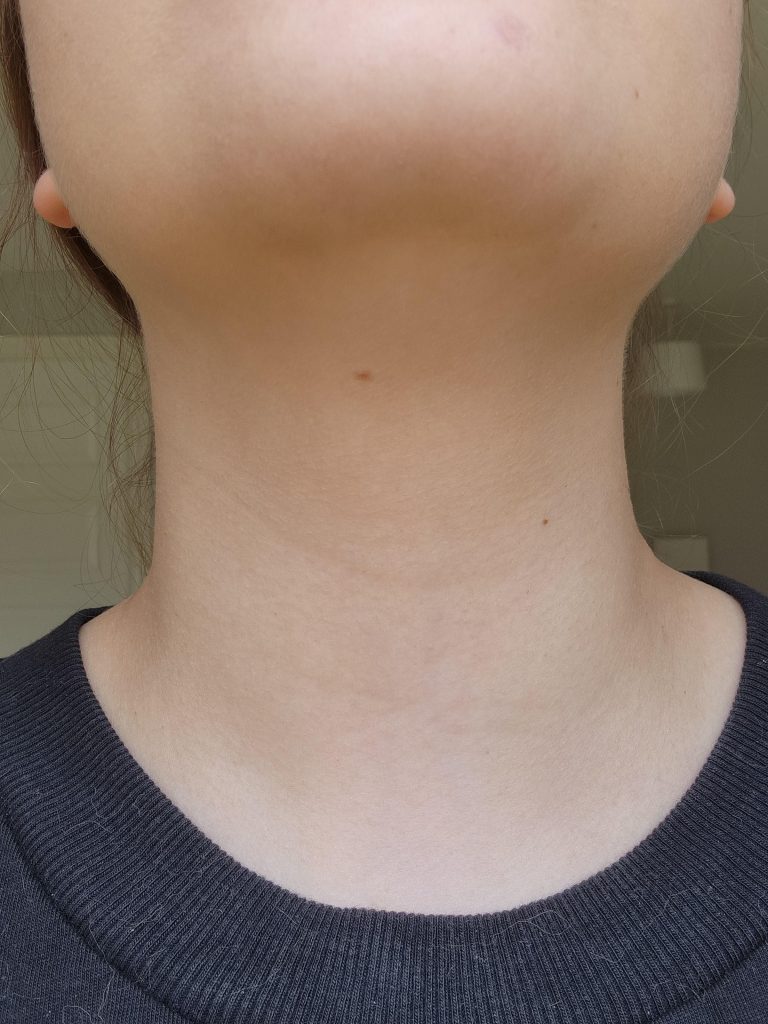 image source: reddit.com
image source: reddit.com
Hormonal changes and changes in thyroid function during menopause can affect thyroid hormone levels and lead to changes in thyroid function tests. Many women experience alterations in thyroid function during menopause, with changes in thyroid hormone production, metabolism, and activity.Advertisement
49. Risk of certain vitamin or mineral deficiencies
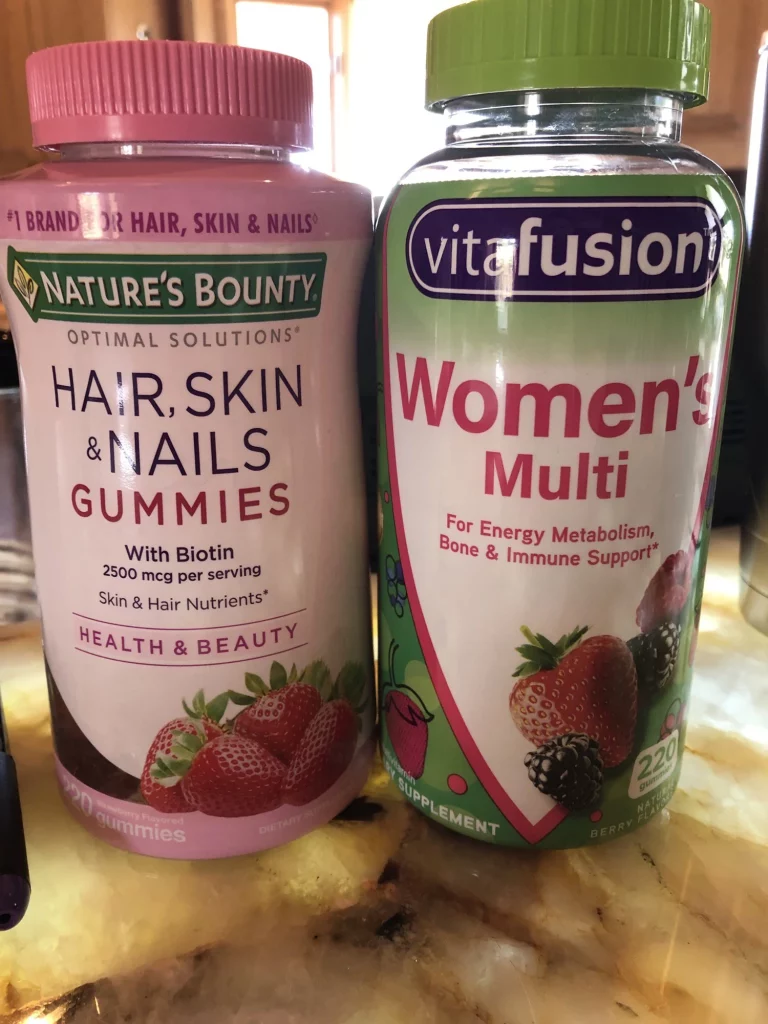 image source: reddit.com
image source: reddit.com
Hormonal changes and changes in digestive function during menopause can affect the metabolism of certain vitamins and minerals and lead to deficiencies or imbalances. Many women experience alterations in vitamin and mineral metabolism during menopause, with changes in absorption, distribution, and excretion of nutrients.Advertisement
50. Changes in the composition of breast tissue
 image source: reddit.com
image source: reddit.com
Hormonal changes and changes in breast tissue during menopause can lead to changes in breast tissue composition, including increased fibrosis and fatty tissue. Many women experience alterations in breast tissue composition during menopause, with changes in the density, texture, and appearance of the breasts.Advertisement
Changes in Body Fat Distribution
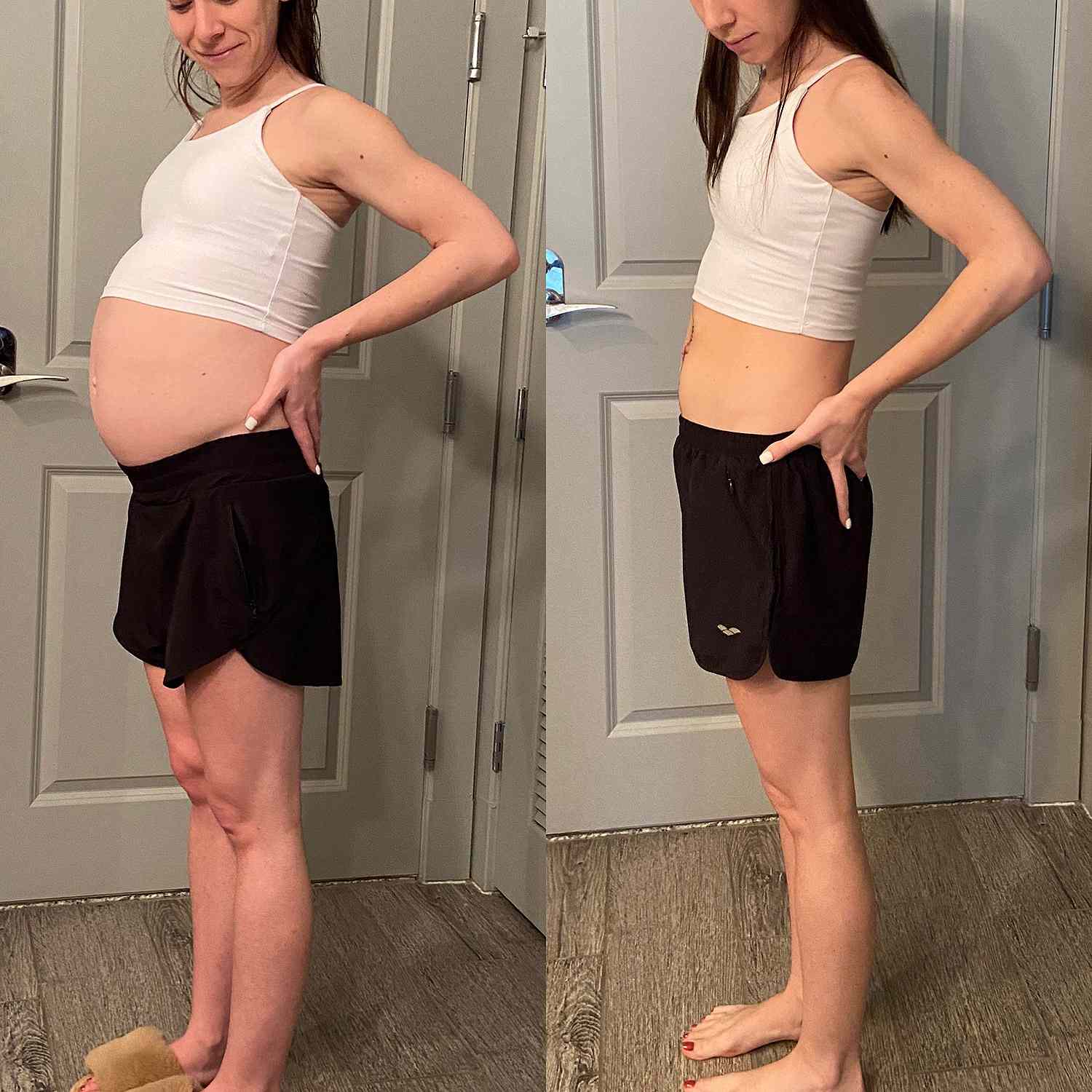 image source: people.com
image source: people.com
During menopause, women often experience changes in body fat distribution, with a tendency for fat to accumulate more around the tummy and hips. This shift is influenced by hormonal fluctuations, particularly the decline in estrogen levels. Understanding these changes can help women navigate their evolving body composition and embrace self-discovery during this stage of life.Advertisement
Urinary Incontinence
 image source: reddit.com
image source: reddit.com
Weakening of the pelvic muscles during menopause may result in urinary incontinence, where the muscles struggle to maintain control over bladder function. This highlights the importance of understanding the connection between hormones and muscle tone in the pelvic region. Women experiencing menopausal symptoms should be aware of the potential impact on pelvic muscle strength and consider seeking appropriate support or treatments to manage urinary incontinence effectively.Advertisement
Decreased Clotting Ability
 image source: Alternative Ageing
image source: Alternative Ageing
One notable change involves alterations in blood clotting factors. As estrogen levels decrease, the body's ability to clot may be affected. This highlights the significant influence of hormones on the regulation of clotting processes within the body, demonstrating the intricate interplay between hormonal changes and circulatory health during menopause.Advertisement
Increased Risk of Type 2 Diabetes
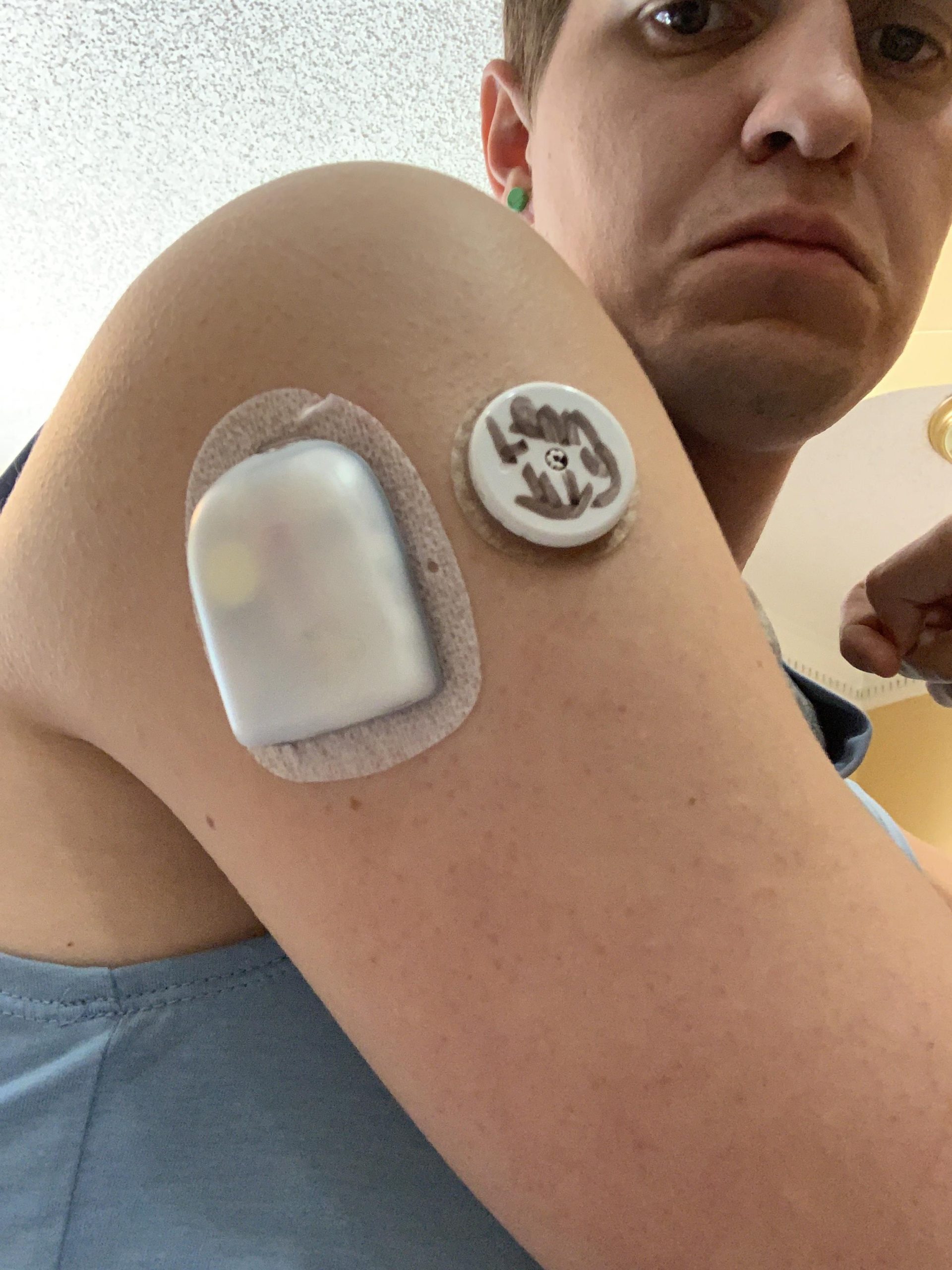 image source: reddit.com
image source: reddit.com
As women journey through menopause, they encounter a pivotal moment where metabolic health becomes a focal point. This metabolic drama unfolds within our bodies, potentially increasing the likelihood of developing type 2 diabetes. Beyond mere metabolic changes, it's a profound exploration of how hormones influence glucose regulation, urging women to take an active role in managing their health journey.Advertisement
Reduced Endurance
 image source: Pinterest
image source: Pinterest
Picture a woman in the prime of her life, brimming with vitality and physical stamina. Now, envision the subtle transformation that menopause orchestrates, gently dimming the spotlight on endurance. The once boundless stamina may encounter a nuanced ebb, prompting women to recalibrate their relationship with physical vitality. Women should be invited to embrace this chapter with adaptability and self-care.Advertisement
Altered Immune Response
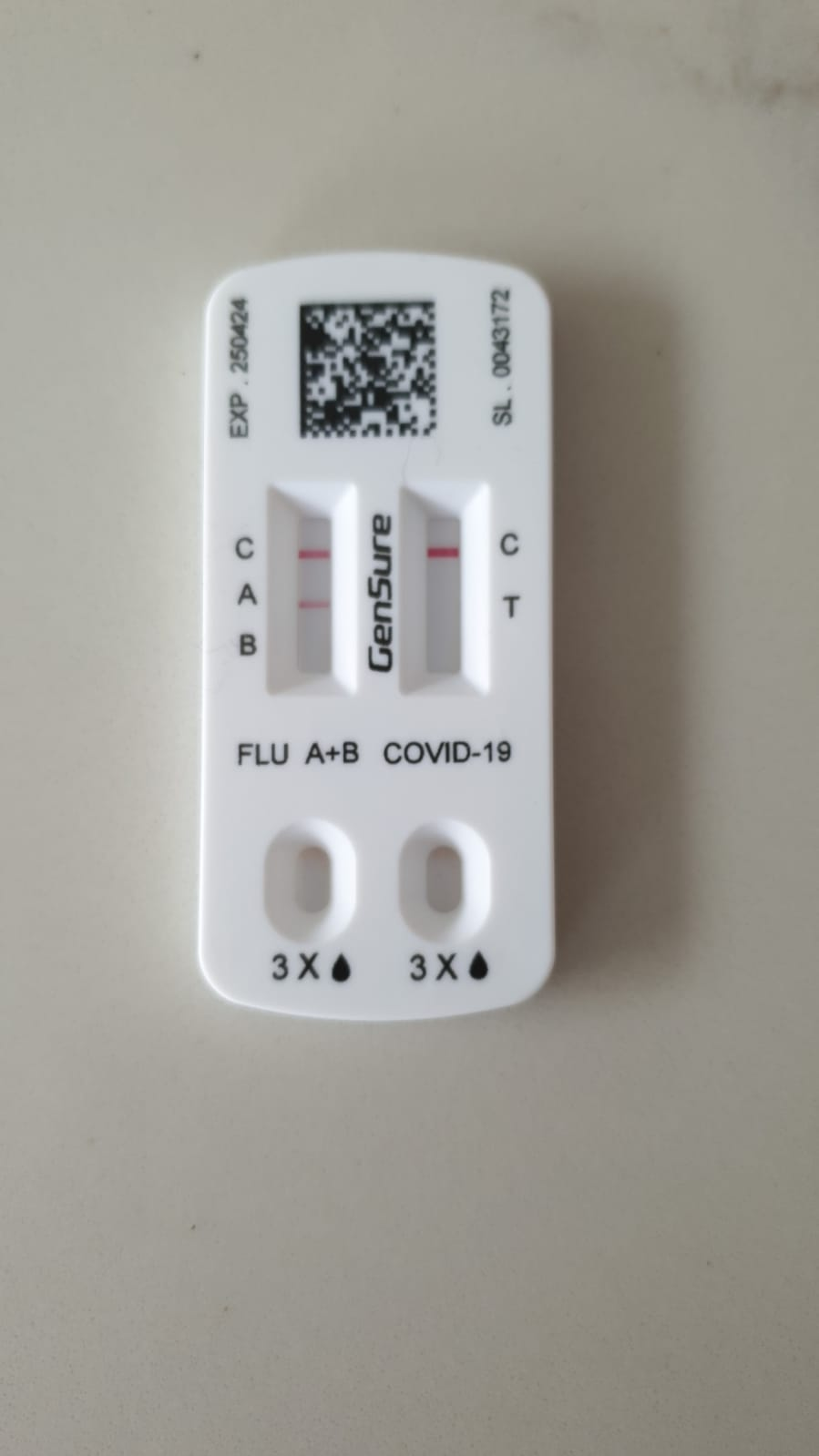 image source: reddit.com
image source: reddit.com
Menopause brings about significant changes throughout the body, including the immune system. As hormonal fluctuations occur, the immune system adapts to a new rhythm. This highlights the close relationship between hormones and health, emphasizing the importance of supporting immune health during this transition. Women are encouraged to take mindful steps to nurture their immune system as they navigate through menopause.Advertisement
Thinner and Drier Mucous Membranes
 image source: reddit.com
image source: reddit.com
The decline in estrogen levels, akin to a gentle breeze of change, may render mucous membranes thinner and drier. These once-lush tissues, guarding the sacred spaces of the body, now embark on a subtle metamorphosis. It's a reminder of the intimate dance between hormones and health, urging women to prioritize self-care as they navigate the intricacies of this hormonal ballet.Advertisement
Increased Susceptibility to UTIs
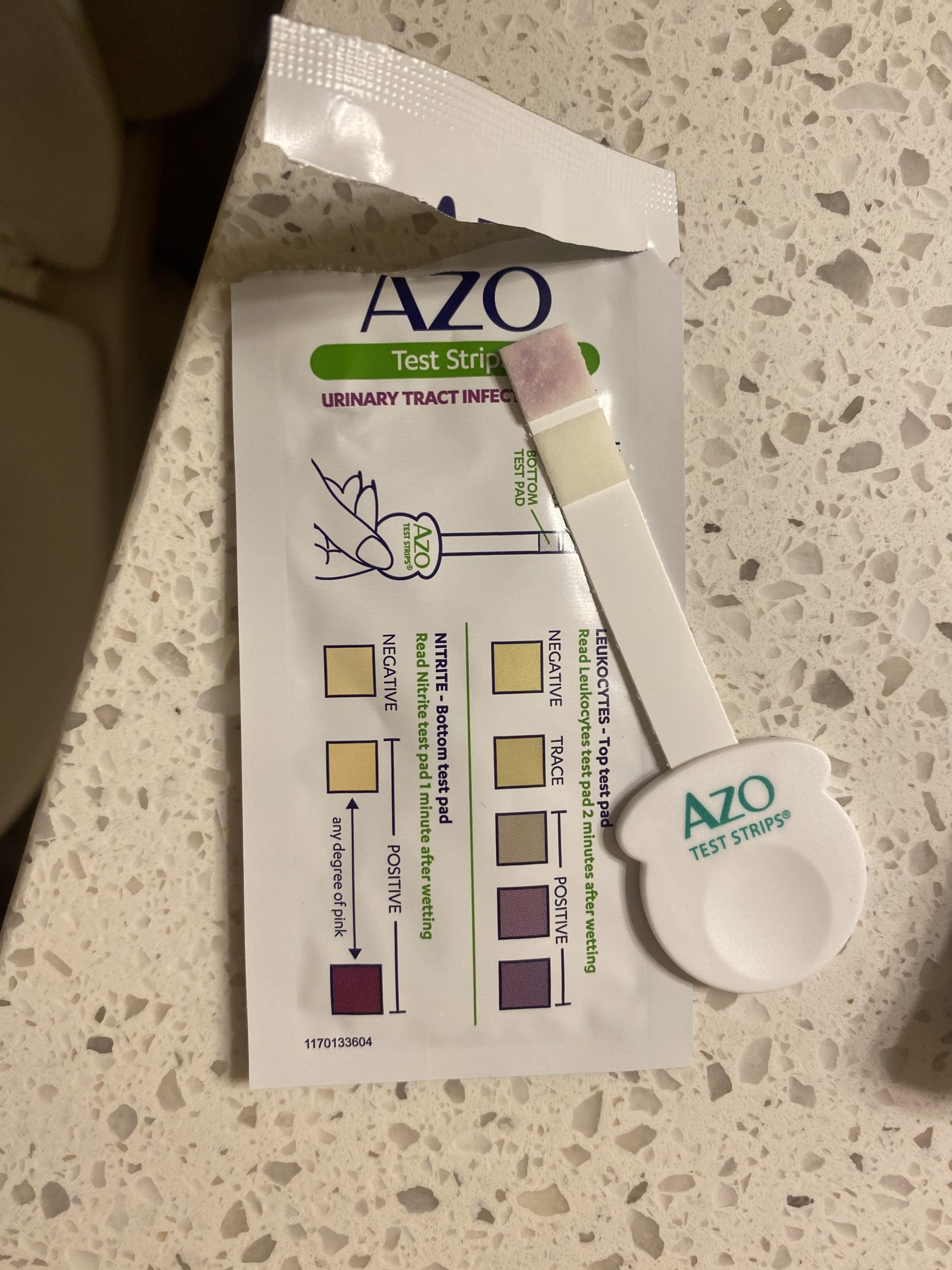 image source: reddit.com
image source: reddit.com
Menopause, the stage marking the end of menstruation, is often accompanied by hormonal changes. These hormonal shifts can increase the risk of urinary tract infections (UTIs). Estrogen levels decline, leading to changes in the urinary tract that make women more susceptible to UTIs. Practicing good hygiene, staying hydrated, and seeking timely medical attention for symptoms are crucial during menopause to minimize the risk of UTIs and maintain overall health.Advertisement
Increased Risk of Anxiety and Depression
 image source: reddit.com
image source: reddit.com
Changes in hormones, especially the decrease in estrogen levels, affect mood, adding both shadows and highlights to the emotional landscape. There's a higher chance of experiencing anxiety and depression during this time. This emphasizes the importance of mental health alongside the physical changes, encouraging women to navigate this phase with self-awareness and compassion.Advertisement
Decreased Fertility
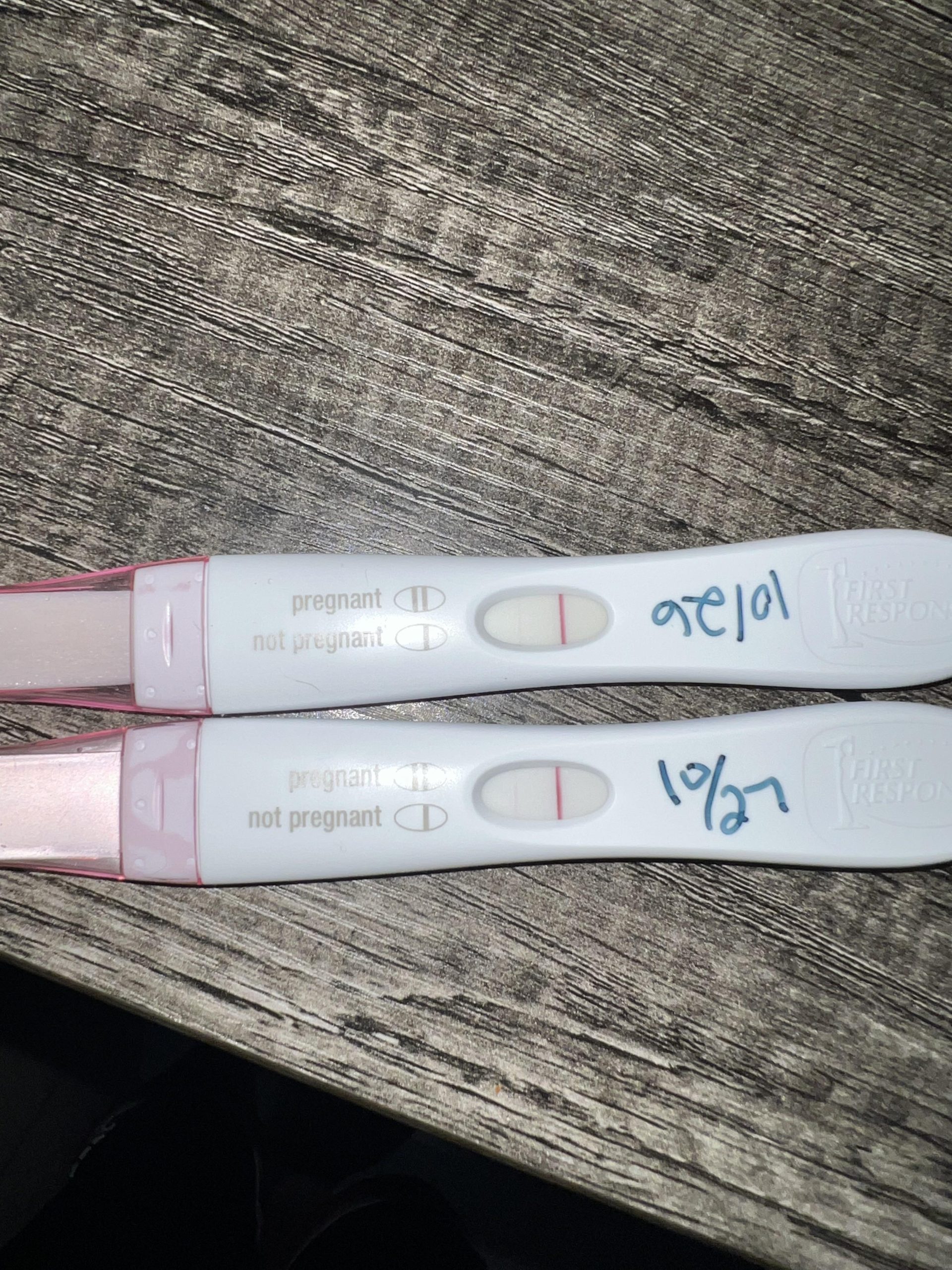 image source: reddit.com
image source: reddit.com
Menopause is a big moment when a woman's ability to have babies ends. It's like the end of a chapter, where periods stop, and she can't get pregnant anymore. But it's not just about the body changing – it's also a chance for women to discover more about themselves beyond being mothers. As the curtain closes on fertility, women are encouraged to welcome the next stages of life with openness and a feeling of freedom.Advertisement
Changes in Voice Pitch
 image source: reddit.com
image source: reddit.com
Within the harmonious orchestra of bodily changes during menopause, the vocal cords emerge as unexpected players in this symphony. Hormonal fluctuations, led by the exit of estrogen, may gently alter the pitch of a woman's voice. It's a subtle reminder that the influence of hormones extends beyond the more obvious transformations, creating a nuanced melody that accompanies women through this hormonal journey.Advertisement
Increased Facial Fat
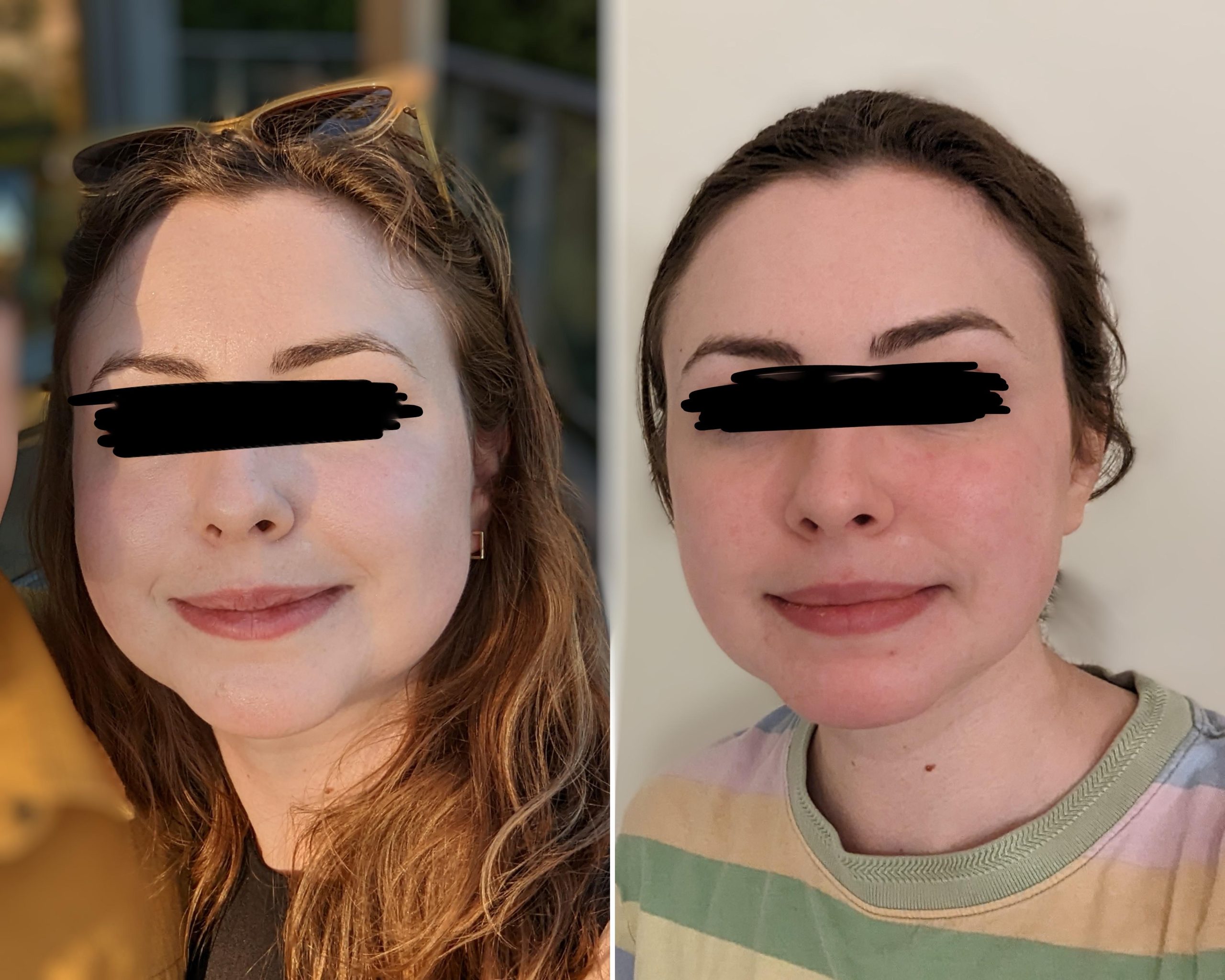 image source: reddit.com
image source: reddit.com
During menopause, women undergo significant changes in their appearance, particularly in their facial features. Hormonal shifts, like the decrease in estrogen, can lead to fat being redistributed, giving the face a fuller appearance. This highlights how our bodies continually change, inviting women to embrace their evolving looks with confidence and appreciation.Advertisement
Increased Joint Popping or Cracking
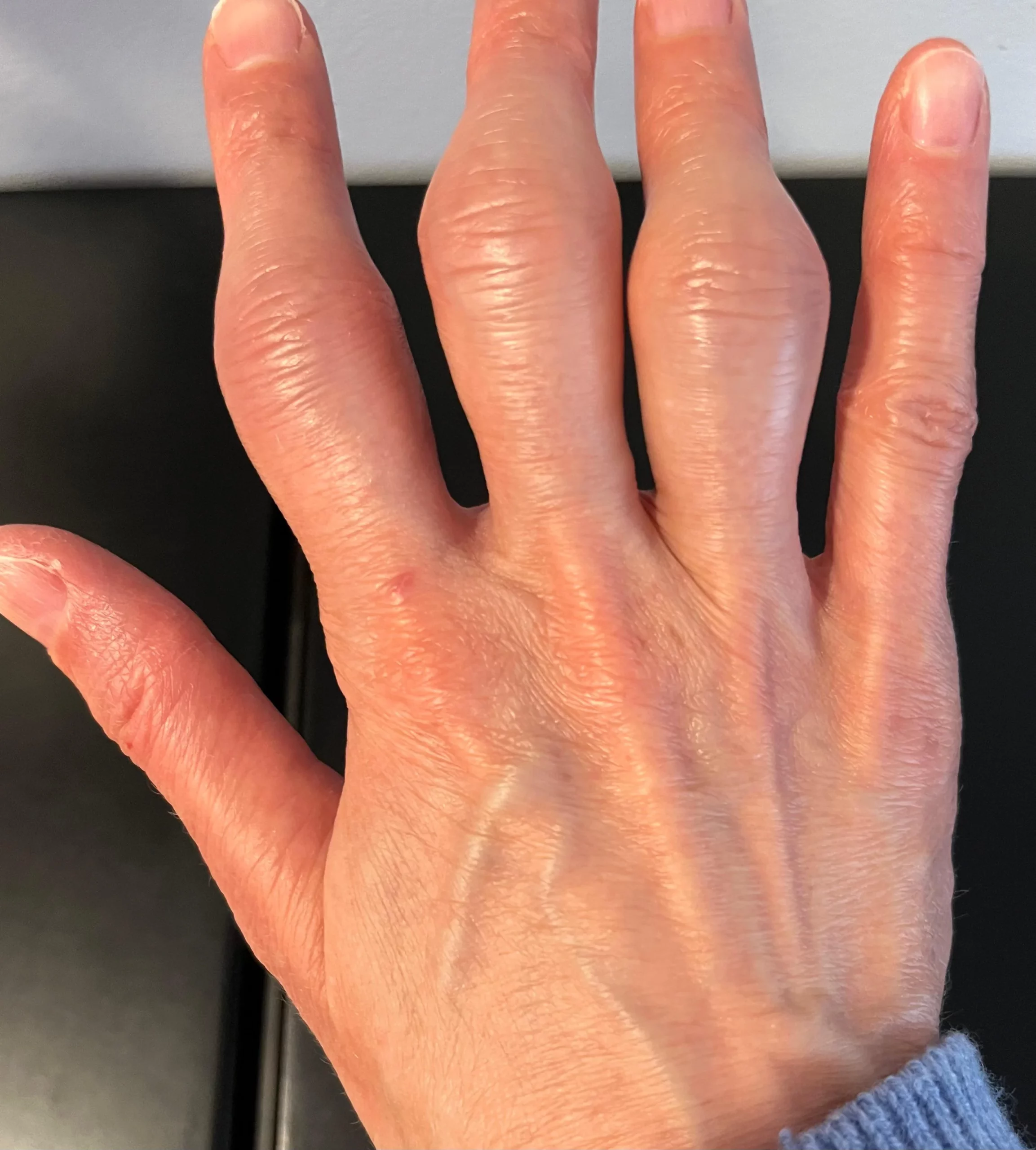 image source: reddit.com
image source: reddit.com
Hormonal fluctuations can often lead to a noticeable increase in joint sounds, such as popping or cracking. This phenomenon occurs due to changes in the body's hormone levels, particularly estrogen, which play a significant role in maintaining joint health. Estrogen helps regulate the production of synovial fluid, a lubricant that reduces friction between joints during movement. When estrogen levels fluctuate, it can affect the viscosity and quantity of synovial fluid, potentially leading to increased friction within the joints.Advertisement
Increased Susceptibility to Allergies
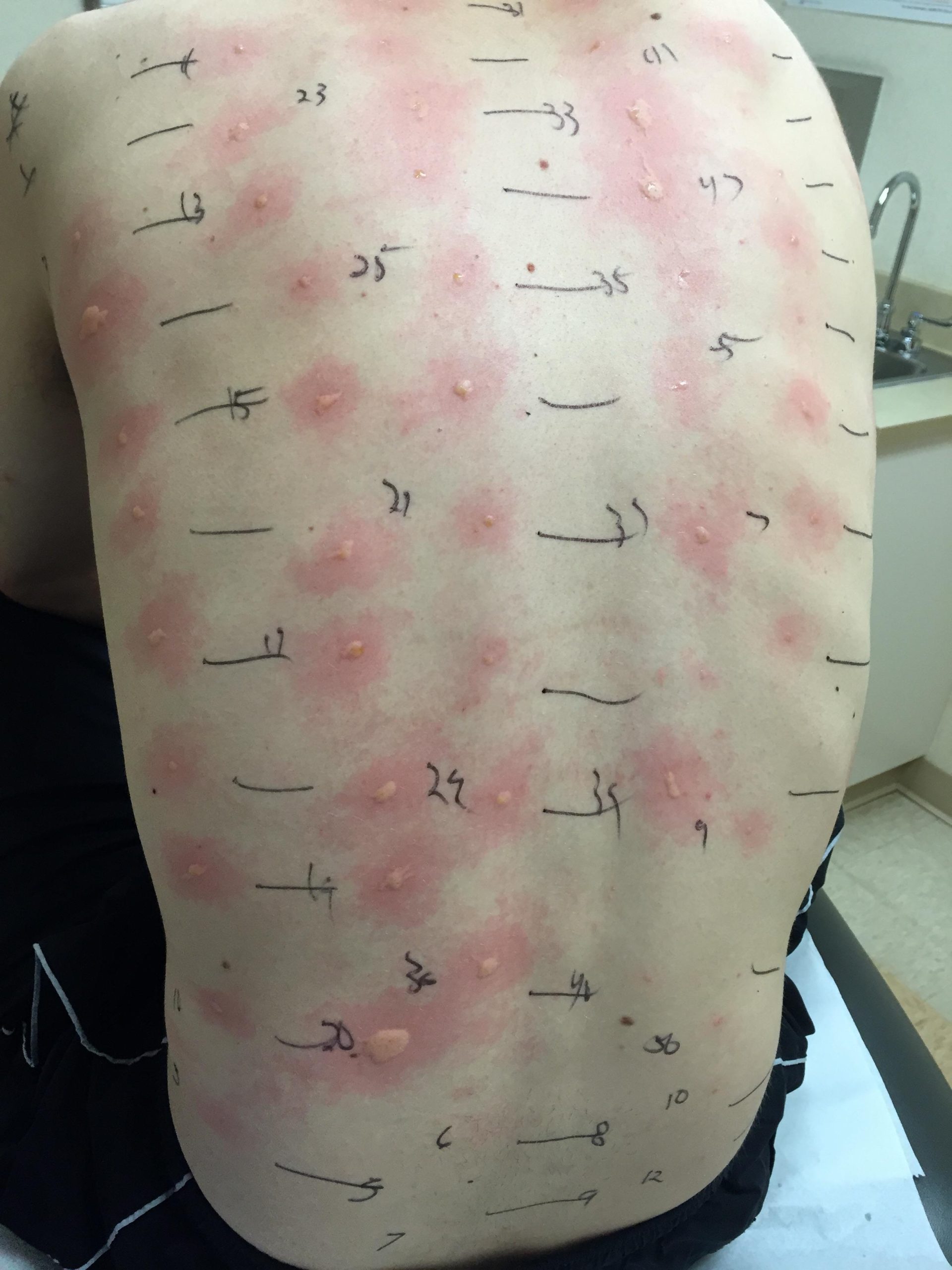 image source: reddit.com
image source: reddit.com
Entering menopause is like stepping into a whole new world where your body's immune system decides to do a little dance of its own. Those hormone shifts, especially when estrogen levels start to dip, can mess with how your body reacts to allergies. It's like your immune system suddenly decides to switch up its playlist, affecting how you respond to the world around you. So, as you navigate through this funky immune symphony, keeping an eye out for any sneaky allergic reactions could be pretty important for your health journey.Advertisement
Shifts in Red Blood Cell Production
 image source: reddit.com
image source: reddit.com
Menopause, with its profound narrative of change, subtly influences the composition of the body's life-giving fluid – blood. It's a reminder that the body's internal ballet extends beyond the more obvious realms, urging women to appreciate the intricate choreography of their circulatory system as they traverse this hormonal terrain.Advertisement
Increased Risk of Tooth Decay
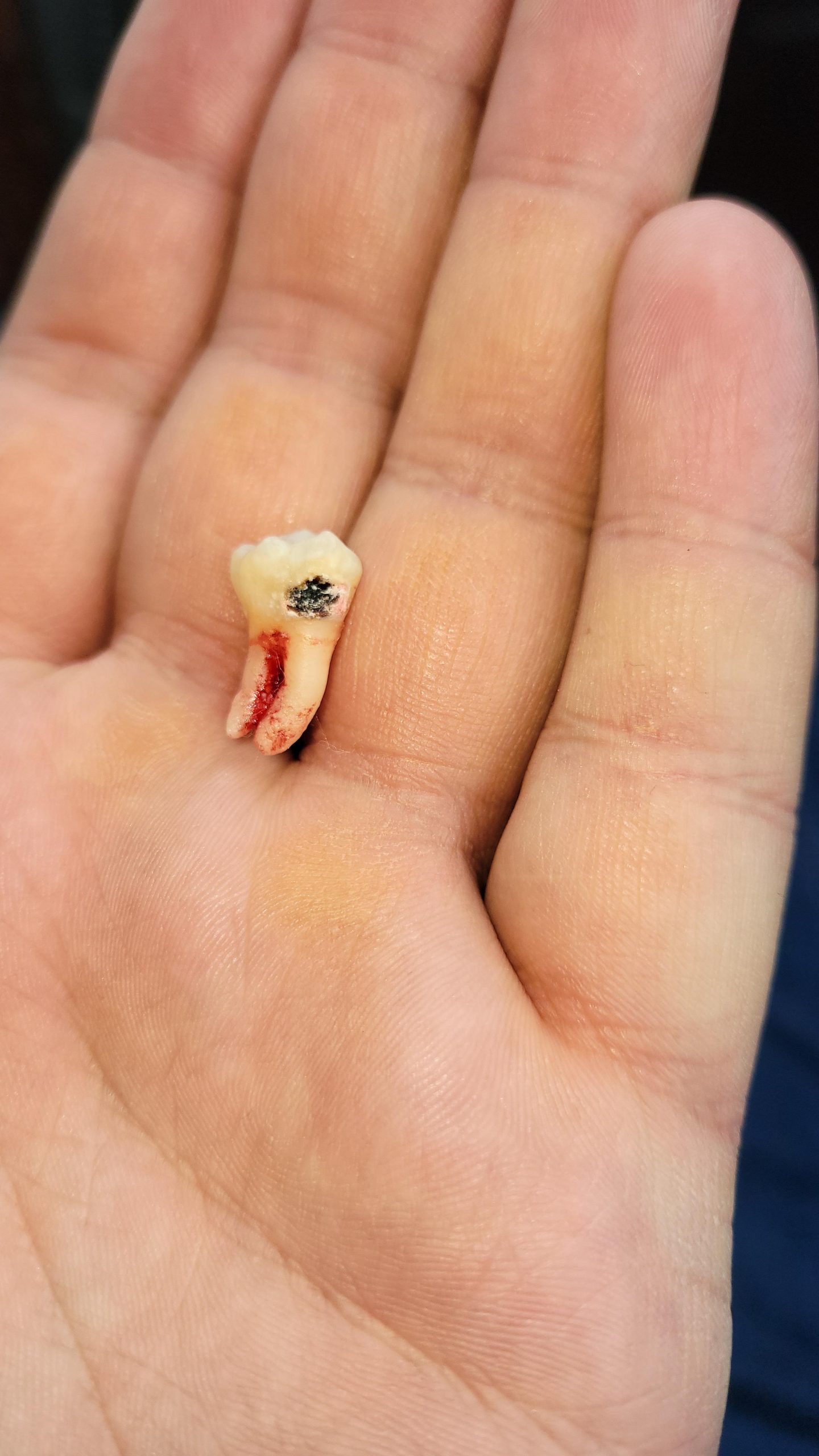 image source: reddit.com
image source: reddit.com
Within the complex ecosystem of menopausal changes, the oral cavity emerges as an unexpected protagonist. Hormones may impact oral health, potentially increasing the risk of tooth decay. It's a reminder that the body's journey through menopause encompasses not only the more visible transformations but also those that unfold within the hidden corners of the mouth. As women navigate this dental evolution, a symphony of oral care becomes an essential tune in their health repertoire.Advertisement
Altered Sensitivity to Pain
 image source: reddit.com
image source: reddit.com
An altered sensitivity to pain is not just a physiological shift; it's an exploration of how hormones weave their influence into the fabric of sensory experience. As women navigate this nuanced response to pain, the symphony of self-care becomes a vital note in their journey of well-being.Advertisement
Increased Risk of Cataracts
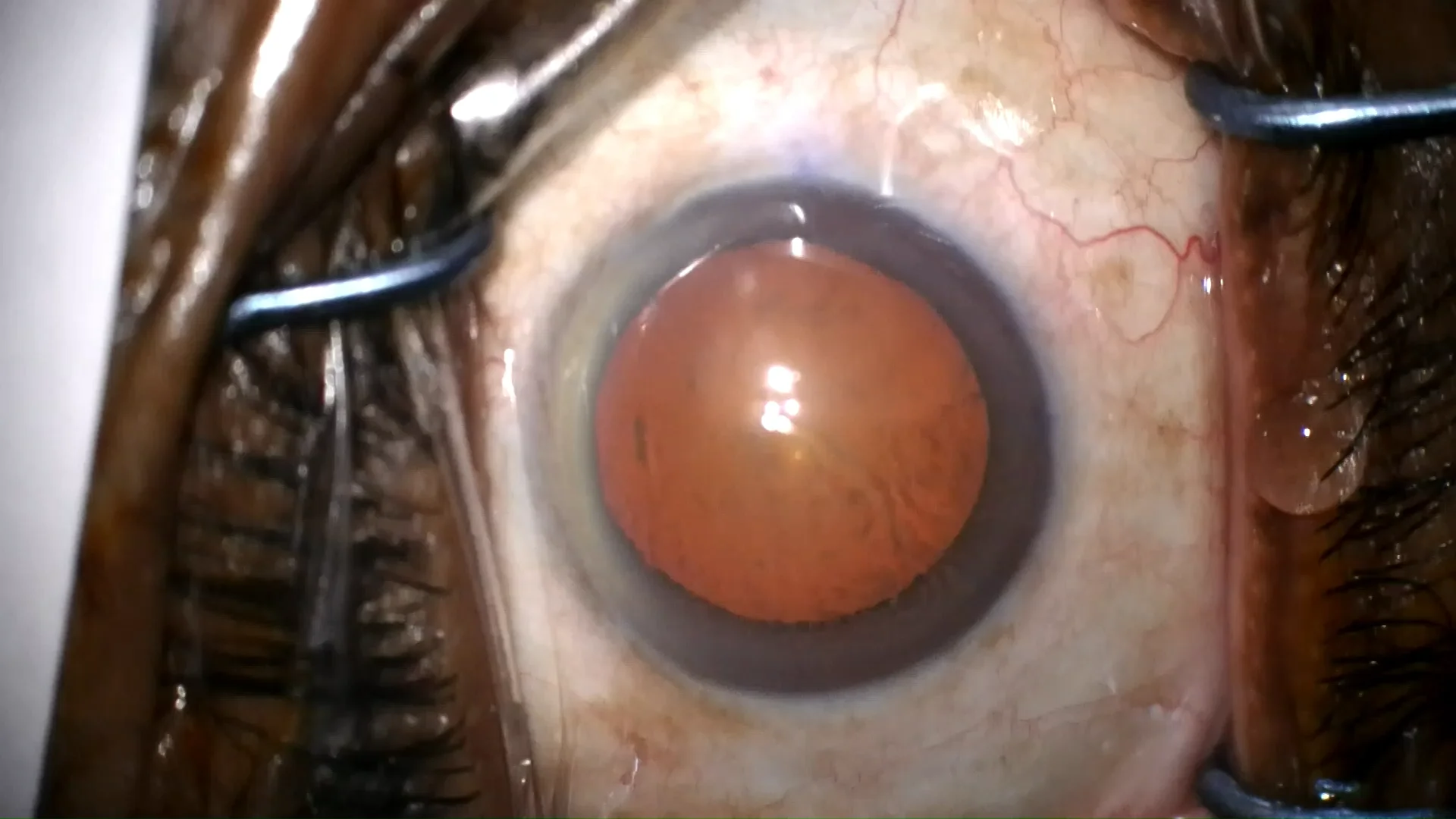 image source: reddit.com
image source: reddit.com
Picture the eyes as the windows to the soul, and within this metaphorical frame, menopause introduces a subtle shift in the lens. Hormones may contribute to an increased risk of cataracts. It's a reminder that the body's journey through menopause extends its influence even to the delicate structures of the eyes.Advertisement
Changes in Electrolyte Balance
 image source: reddit.com
image source: reddit.com
Hormones during this phase may sway the delicate scales of electrolyte balance. It's a reminder that the body's symphony of functions extends to the elemental dance of ions, urging women to be attuned to the ebb and flow of internal equilibrium as they traverse this hormonal landscape.Advertisement
Increased Susceptibility to Colds and Infections
 image source: reddit.com
image source: reddit.com
Hormonal fluctuations, particularly the ebbing levels of estrogen, may introduce a subtle vulnerability to the orchestration of defense mechanisms. It's a reminder that the body's journey through menopause encompasses not only the strength of immunity but also its nuanced responsiveness. As women navigate this immune symphony, a melody of preventive care becomes a valuable tune in their health repertoire.Advertisement
Reduced Tolerance to Alcohol
 image source: reddit.com
image source: reddit.com
Hormonal fluctuations, notably the decrease in estrogen, may influence alcohol tolerance. It's not just a physiological transition; it's an exploration of how hormones interact with substances in the body. As women navigate this evolving relationship, a symphony of mindful choices becomes an essential note in their pursuit of holistic well-being.Advertisement
Increased Risk of Hernias
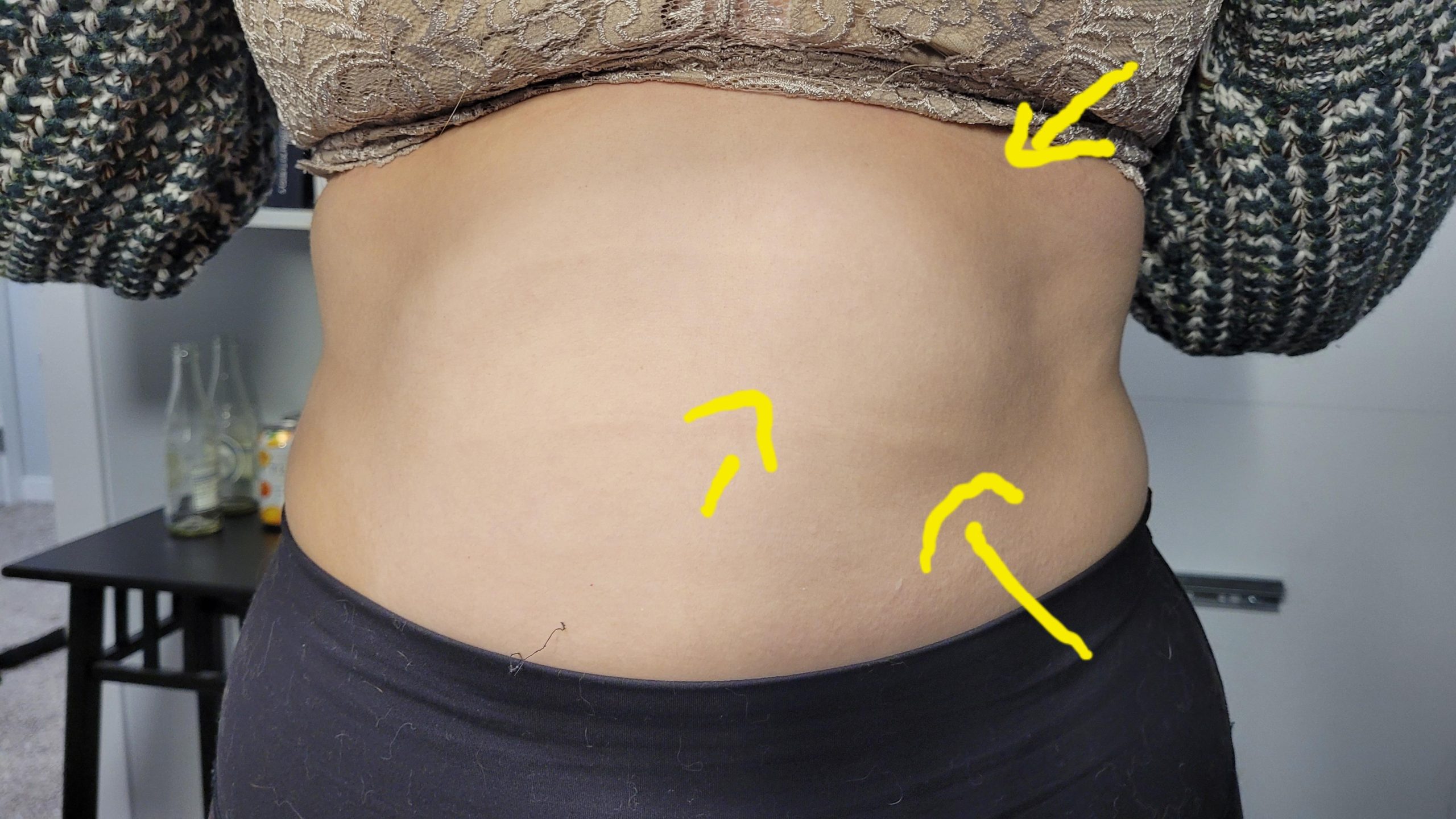 image source: reddit.com
image source: reddit.com
Hormonal changes, particularly the decrease in estrogen, may contribute to weakened abdominal muscles, potentially increasing the risk of hernias. It's a reminder that the body's journey through menopause encompasses not only the visible changes but also those that unfold within the hidden structures, urging women to embrace a symphony of core-strengthening practices as they traverse this hormonal landscape.Advertisement
Changes in Skin Pigmentation
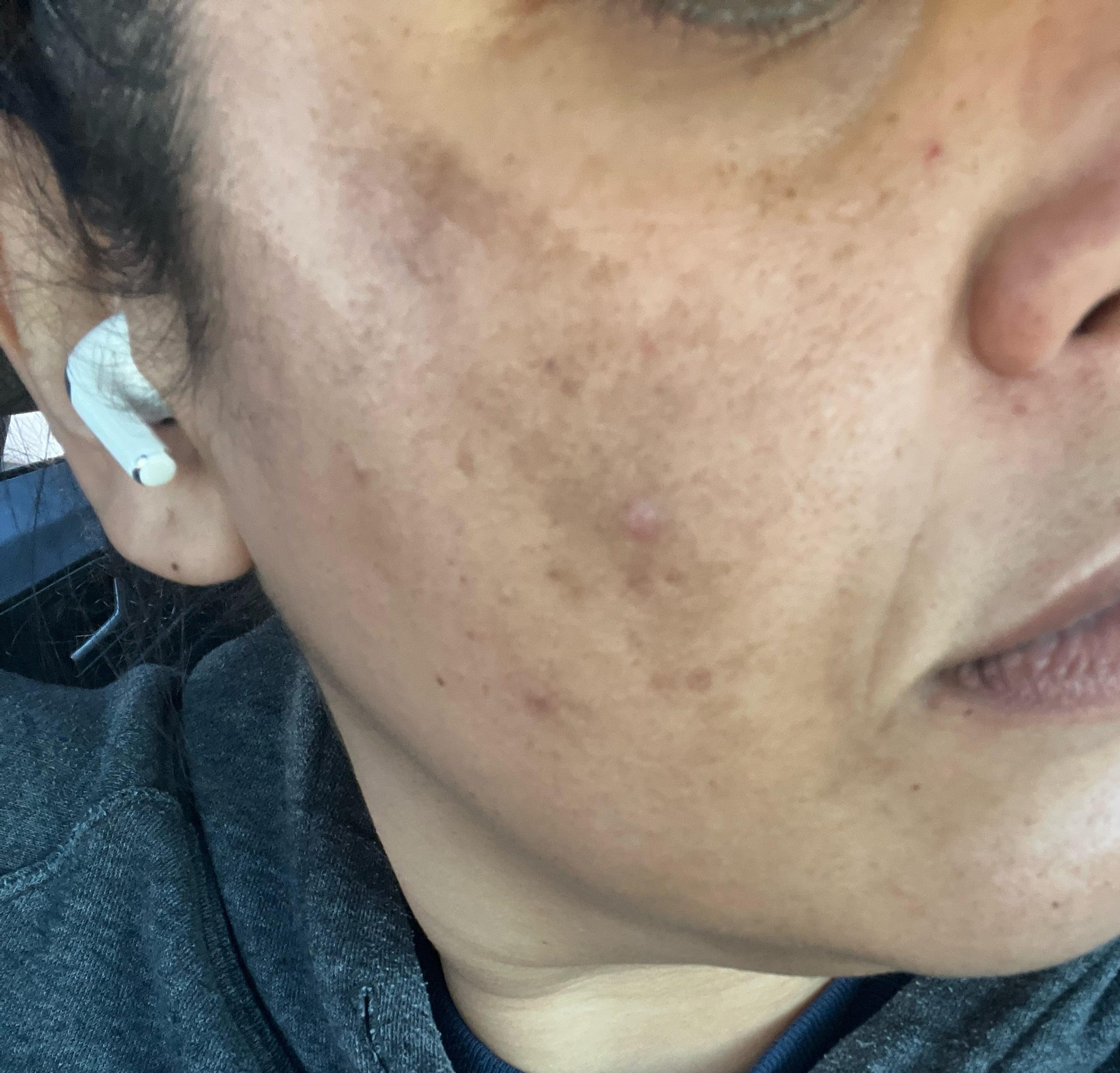 image source: reddit.com
image source: reddit.com
Hormonal changes, particularly the decrease in estrogen, may contribute to alterations in skin pigmentation – a dance of melanin influenced by the ebbing hormonal tide. It's not just a cosmetic shift; it's an exploration of how hormones orchestrate the palette of skin tones. As women navigate this visual symphony, a melody of skincare rituals becomes an essential tune in their pursuit of self-love and well-being.Advertisement
Here’s what you should do when you stumble across these changes… Explore the Benefits of Hormone Replacement Therapy (HRT)
 image source: reddit.com
image source: reddit.com
Dive into a consultation with your healthcare professional to unravel the potential benefits and nuances of Hormone Replacement Therapy (HRT). HRT involves replacing hormones, such as estrogen and progesterone, to alleviate menopausal symptoms. While it can be an effective approach for symptom management, it’s crucial to discuss your individual health history and risks associated with HRT. Collaborate with your healthcare provider to tailor a personalized plan that considers your unique needs, ensuring a smoother transition through this transformative phase of life.Advertisement
Energize Your Life with Regular Exercise: Your Menopausal Fitness Companion
 image source: elephantjournal.com
image source: elephantjournal.com
Menopause is a pivotal time to embrace the power of regular exercise. Engaging in physical activity not only helps maintain bone density and manage weight but also acts as a natural mood enhancer. Whether it’s brisk walking, swimming, or yoga, find activities that resonate with you. Consistent exercise can be your companion in navigating the changes that come with menopause, promoting overall well-being and boosting your vitality.Advertisement
Unleash Inner Strength with Resistance Training
 image source: reddit.com
image source: reddit.com
As you navigate the menopausal journey, incorporating resistance training into your routine becomes a transformative ally. This form of exercise not only helps preserve muscle mass but also contributes to improved metabolism. Strength training exercises, such as weight lifting or bodyweight exercises, empower you to feel strong and vibrant, positively impacting both your physical and mental well-being during this phase of life.Advertisement
Nourish Your Bones with a Delectable Diet: A Culinary Approach to Bone Health
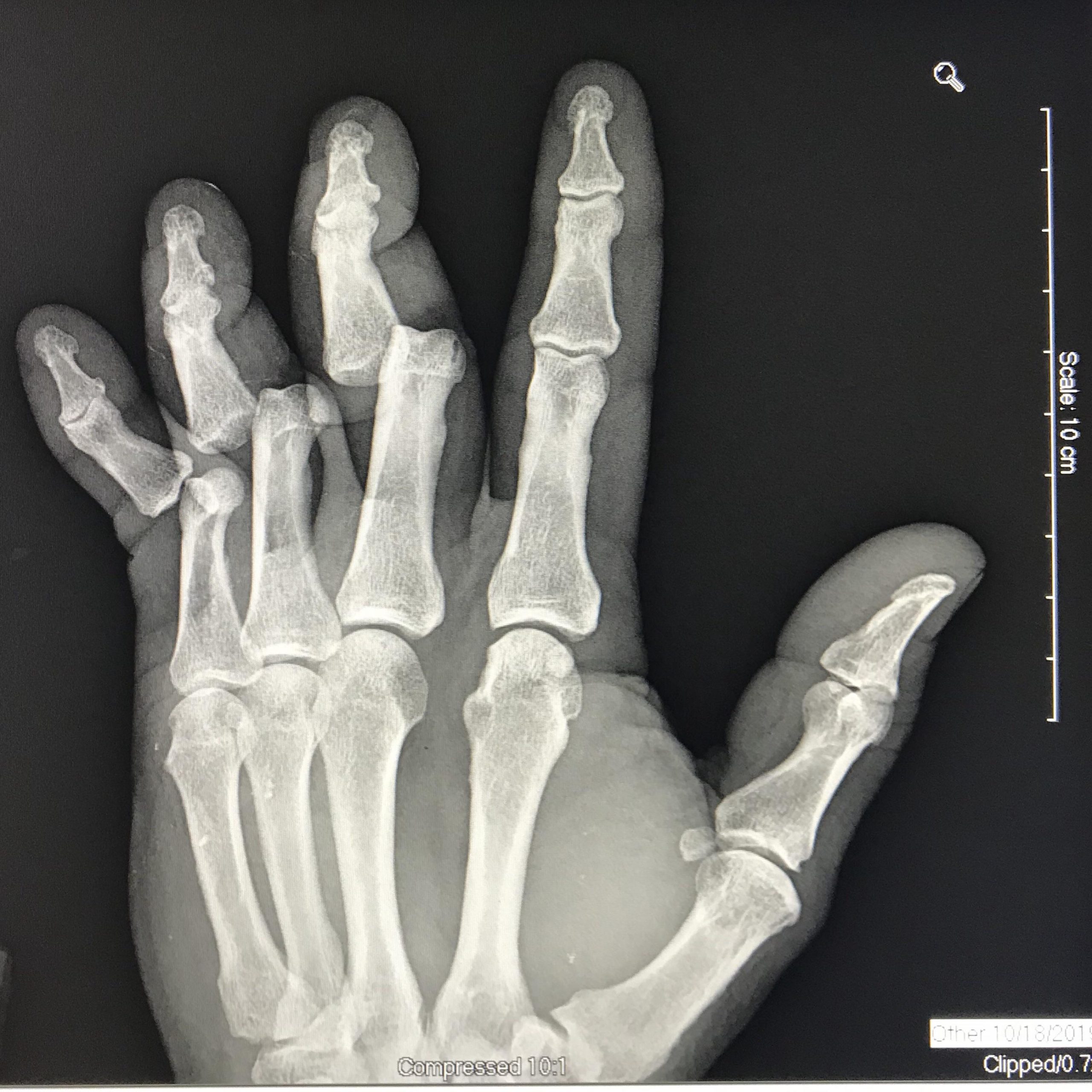 image source: reddit.com
image source: reddit.com
Embrace a delicious journey towards optimal bone health by incorporating a diet rich in calcium and vitamin D. These nutrients play a crucial role in maintaining bone density, a concern often associated with menopause. Dairy products, leafy greens, and fortified foods are excellent sources to include in your menu. Crafting a bone-healthy diet is not just a nutritional choice; it’s a flavorful investment in your overall well-being.Advertisement
Fuel Your Body with Healthy Fats: Embracing Nutrient-Rich Nourishment
 image source: reddit.com
image source: reddit.com
Menopause is a time to celebrate the wisdom that comes with age, and your dietary choices can be a pivotal part of this celebration. Include sources of healthy fats, such as omega-3 fatty acids found in fatty fish, flaxseeds, and walnuts. These fats not only support heart health but also contribute to overall well-being. Consider this as an opportunity to savor delicious and nourishing foods that embrace the changing needs of your body.Advertisement
Hydrate Your Way to Radiance: The Power of Proper Hydration
 image source: reddit.com
image source: reddit.com
Amidst the array of lifestyle adjustments during menopause, don’t underestimate the significance of hydration. Proper water intake not only supports overall health but also aids in managing various menopausal symptoms. Hydration is your key to radiant skin, enhanced energy levels, and improved bodily functions. Make it a habit to carry a water bottle and prioritize staying hydrated as an essential aspect of your self-care routine.Advertisement
Zen Out to Manage Stress: The Art of Mind-Body Harmony
 image source: reddit.com
image source: reddit.com
Menopause often comes with its share of stressors, both physical and emotional. Incorporating stress management techniques into your daily routine becomes imperative. Explore the realms of meditation, yoga, and deep breathing to cultivate a sense of calm and balance. These practices not only help manage stress but also contribute to enhanced mental clarity and emotional well-being, guiding you gracefully through the ups and downs of this transformative phase.Advertisement
Health Check-Ups: Your Passport to Wellness Exploration
 image source: reddit.com
image source: reddit.com
Prioritize your health by scheduling regular check-ups and screenings. Menopause is a time when monitoring various aspects of your well-being becomes crucial. Regular health check-ups provide an opportunity to discuss any concerns, address potential issues early on, and ensure that you are navigating this phase with comprehensive support from your healthcare team. Be an active participant in your health journey, and let these check-ups be a compass guiding you towards optimal wellness.Advertisement
Empower Your Pelvic Floor: Strengthening for Optimal Well-Being
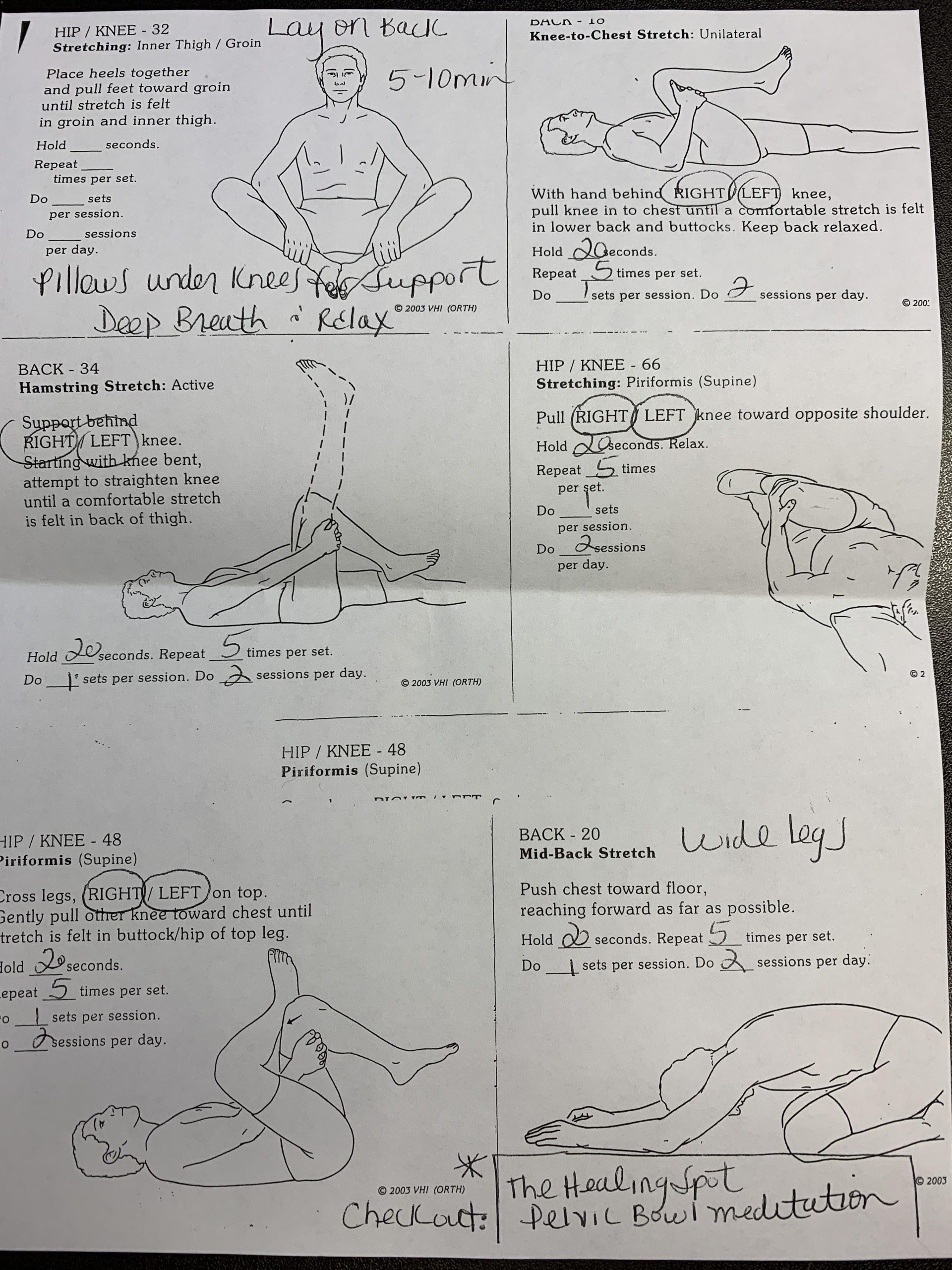 image source: reddit.com
image source: reddit.com
The menopausal transition brings about changes in pelvic health, including potential issues with bladder control. Empower yourself by incorporating pelvic floor exercises, such as Kegels, into your routine. These exercises contribute to the strength and resilience of the pelvic muscles, supporting urinary continence and overall pelvic health. It’s a proactive step towards maintaining control and confidence during this transformative phase of life.Advertisement
Embrace Intimacy: Fostering Vaginal and Pelvic Health
 image source: reddit.com
image source: reddit.com
Post-menopause, maintaining intimacy and sexual health becomes a vital aspect of overall well-being. Regular sexual activity can contribute to the health of your vaginal tissues and pelvic floor muscles. Open communication with your partner and healthcare provider can help address any concerns related to changes in libido or discomfort. Embrace this aspect of your life with positivity, seeking solutions that support your unique needs and desires.Advertisement
Sleep Like Royalty: Crafting a Tranquil Sleep Sanctuary
 image source: reddit.com
image source: reddit.com
Menopause often brings about changes in sleep patterns, ranging from insomnia to night sweats. Establishing a consistent sleep routine and creating a tranquil sleep environment can be transformative. Invest in comfortable bedding, practice relaxation techniques before bedtime, and consider the benefits of blackout curtains. Prioritize quality sleep as an essential element of your self-care routine, promoting both physical and mental rejuvenation.Advertisement
Limit Caffeine and Alcohol: Sip Smartly for Menopausal Harmony
 image source: reddit.com
image source: reddit.com
As you navigate the nuances of menopause, being mindful of your caffeine and alcohol intake can significantly impact your well-being. Both substances can exacerbate symptoms like hot flashes and disrupt sleep. Consider reducing your consumption and opting for alternatives like herbal teas or mocktails. Sipping smartly contributes to a more balanced and comfortable menopausal experience.Advertisement
Weight Management Magic: Balancing Act for Long-Term Health
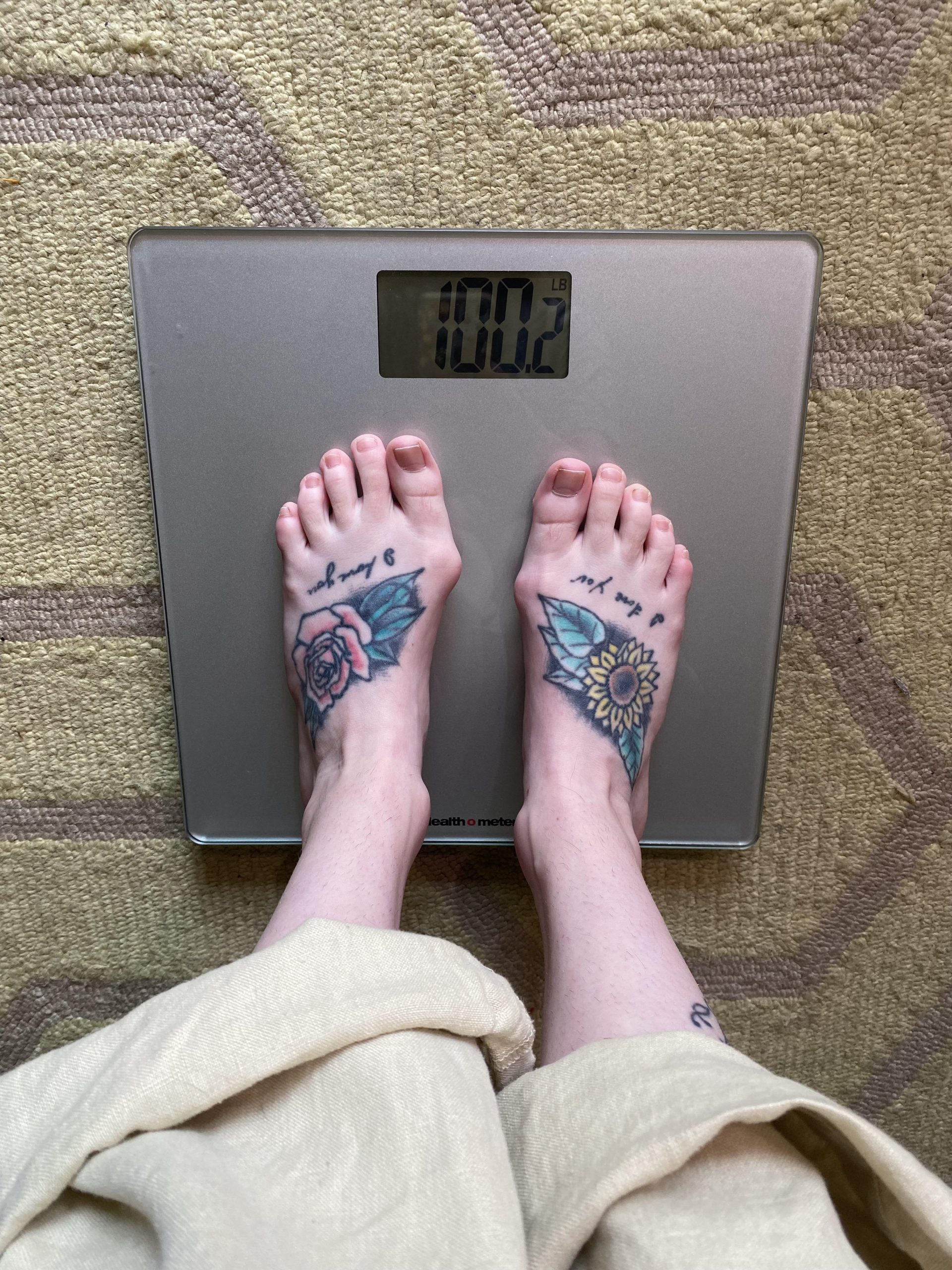 image source: reddit.com
image source: reddit.com
Managing weight during menopause is a holistic journey that combines nutrition, exercise, and lifestyle choices. Embrace a balanced diet rich in fruits, vegetables, and lean proteins. Combine this with regular physical activity, including both aerobic exercises and strength training. Focus on overall well-being rather than a number on the scale, promoting sustainable and lasting health benefits throughout the menopausal transition.Advertisement
Surround Yourself with Support: The Power of Emotional Connections
 image source: reddit.com
image source: reddit.com
Menopause is not just a physical transition; it’s also an emotional journey. Cultivate a network of friends and family who can provide emotional support. Share your experiences, concerns, and triumphs with those who understand and uplift you. The power of emotional connections can be a beacon of strength, fostering a sense of community and understanding during this transformative phase.Advertisement
Mindful Eating Mastery: Savoring the Flavors of Self-Care
 image source: reddit.com
image source: reddit.com
Beyond nourishing your body, the act of eating can become a mindful practice during menopause. Savor each bite, paying attention to the flavors, textures, and sensations. Mindful eating promotes a healthier relationship with food, helping you make choices that align with your nutritional needs and cravings. It’s an invitation to embrace self-care with every meal, celebrating the joy of nourishing your body.Advertisement
Proactive Health Screenings: Detective Work for Comprehensive Well-Being
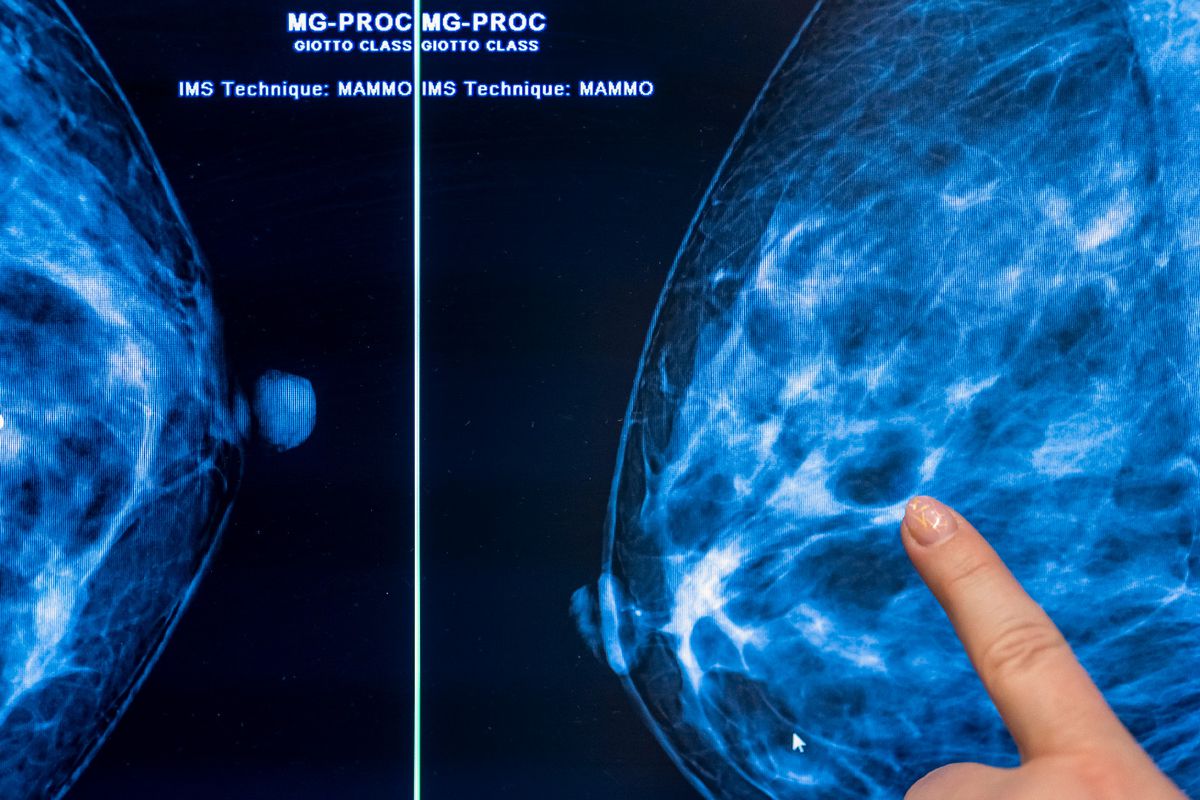 image source: vox.com
image source: vox.com
Regular health screenings are akin to being a detective for your well-being. Stay informed about recommended screenings for breast cancer, cervical cancer, and other health checks. Proactivity in your health journey can lead to early detection and intervention, ensuring that you navigate menopause with a comprehensive understanding of your overall health.Advertisement
Feed Your Mind: Cognitive Activities for Mental Acuity
 image source: reddit.com
image source: reddit.com
Menopause can be an opportune time to engage in activities that stimulate your mind. Solve puzzles, learn a new skill, or explore hobbies that challenge your cognitive abilities. Keeping your mind active not only supports mental acuity but also contributes to a sense of accomplishment and fulfillment during this phase of life.Advertisement
Whole Foods Wonderland: A Culinary Exploration of Well-Being
 image source: reddit.com
image source: reddit.com
Transform your approach to nutrition by exploring the wonders of whole foods. Opt for fresh fruits, vegetables, whole grains, and lean proteins. Minimize processed foods and artificial additives, focusing on the nutritional value of each meal. A whole-foods-based diet provides essential nutrients, supporting your overall health and well-being through the menopausal transition.Advertisement
Dental Health Delight: Smiles That Reflect Overall Well-Being
 image source: reddit.com
image source: reddit.com
Menopause can impact oral health, making regular dental check-ups even more critical. Prioritize good oral hygiene practices, including brushing, flossing, and using mouthwash. Regular dental visits not only ensure the health of your teeth and gums but also contribute to overall well-being, reflecting the radiant smile that accompanies a healthy lifestyle.Advertisement
Explore Bio-Identical Hormones: Customizing Solutions for Symptom Relief
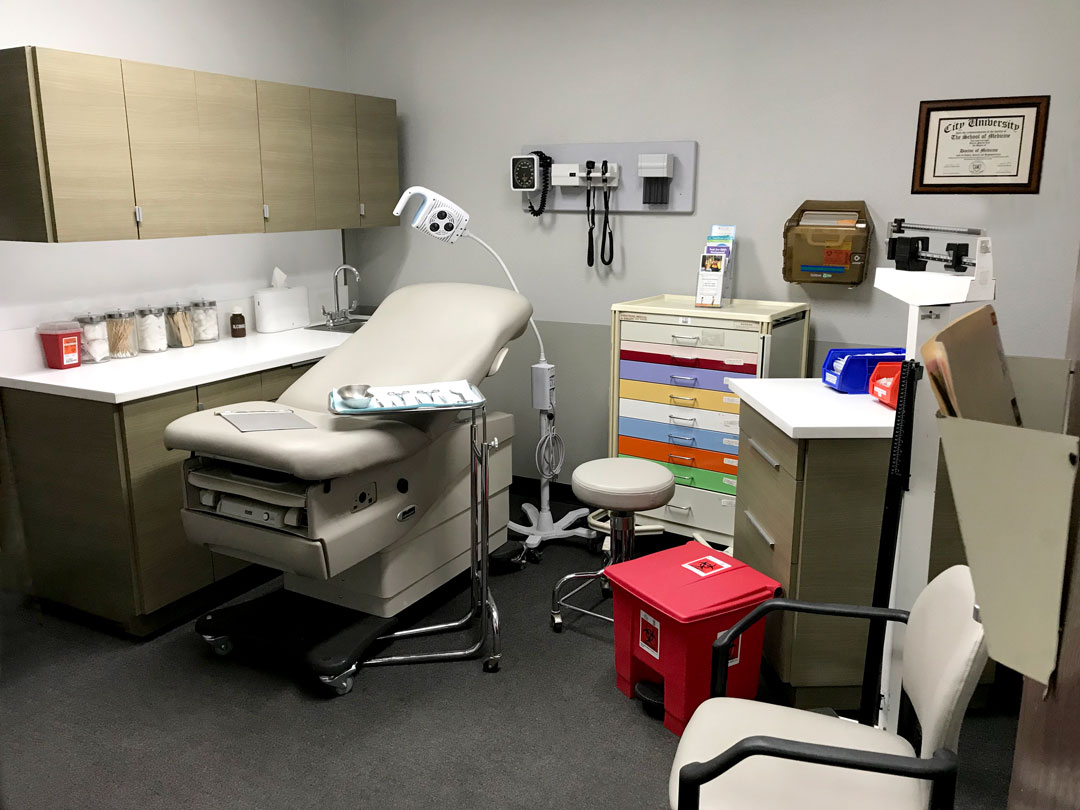 image source: A1 Medical Intergration
image source: A1 Medical Intergration
Bio-identical hormones are a topic worth exploring with your healthcare provider. These hormones are structurally identical to the ones your body produces, offering a more personalized approach to symptom relief. Engage in open discussions with your healthcare team to determine if bio-identical hormones align with your preferences and health goals during the menopausal journey.Advertisement
Fiber Fanatic: Digestive Harmony for Holistic Health
 image source: reddit.com
image source: reddit.com
Menopause can bring about changes in digestion, making fiber intake a crucial component of your diet. Embrace fiber-rich foods like fruits, vegetables, whole grains, and legumes. Adequate fiber supports digestive health, aids in weight management, and contributes to overall holistic well-being during this transformative phase.Advertisement
Holistic Therapeutic Treatments: Soulful Experiences for Symptom Relief
 image source: reddit.com
image source: reddit.com
Explore the therapeutic benefits of acupuncture, massage, or other holistic treatments to alleviate menopausal symptoms. These practices focus on the mind-body connection, promoting relaxation, reducing stress, and providing a holistic approach to well-being. Incorporating these treatments into your self-care routine can be transformative, enhancing your overall experience during menopause.Advertisement
Mind-Body Mastery: Balancing Act for Emotional and Physical Well-Being
 image source: reddit.com
image source: reddit.com
Menopause is not just a physical journey; it’s an emotional one too. Practices like tai chi, yoga, or mindfulness offer a mind-body connection that can be profoundly beneficial. These techniques help manage stress, enhance emotional well-being, and promote overall balance during the transformative phase of menopause.Advertisement
Sugar Reduction Revolution: Sweet Strategies for Metabolic Health
 image source: reddit.com
image source: reddit.com
As you navigate menopause, paying attention to your sugar intake can contribute to overall metabolic health. Reduce the consumption of added sugars, opting for natural sweeteners like honey or maple syrup when needed. Balancing your sugar intake supports stable energy levels and overall metabolic well-being during this life transition.Advertisement
Cardiovascular Bliss: Heart-Healthy Habits for Longevity
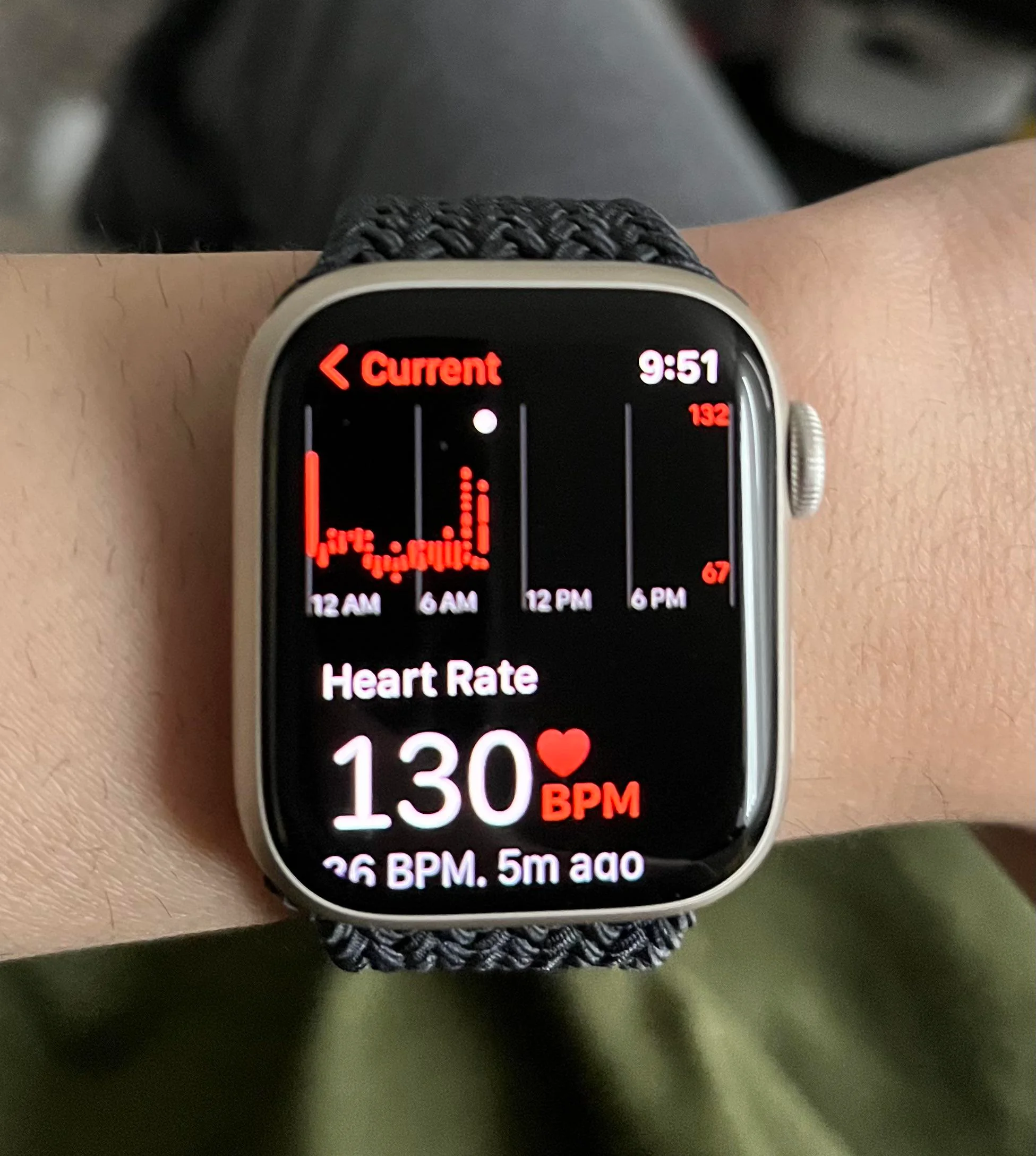 image source: reddit.com
image source: reddit.com
Cardiovascular exercise becomes even more crucial during menopause to support heart health and manage stress. Engage in activities like brisk walking, jogging, or cycling to elevate your heart rate. Cardiovascular exercise not only benefits your heart but also enhances overall well-being, providing a sense of vitality and resilience during this transformative phase.Advertisement
Breast Health Awareness: Empowering Your Self-Care Routine
 image source: reddit.com
image source: reddit.com
Incorporate regular breast self-exams into your self-care routine, staying vigilant and reporting any changes promptly to your healthcare provider. Breast health awareness empowers you to actively participate in your well-being, fostering a proactive approach to potential health concerns during menopause.Advertisement
Positive Mindset Manifesto: Embracing the Wisdom of Change
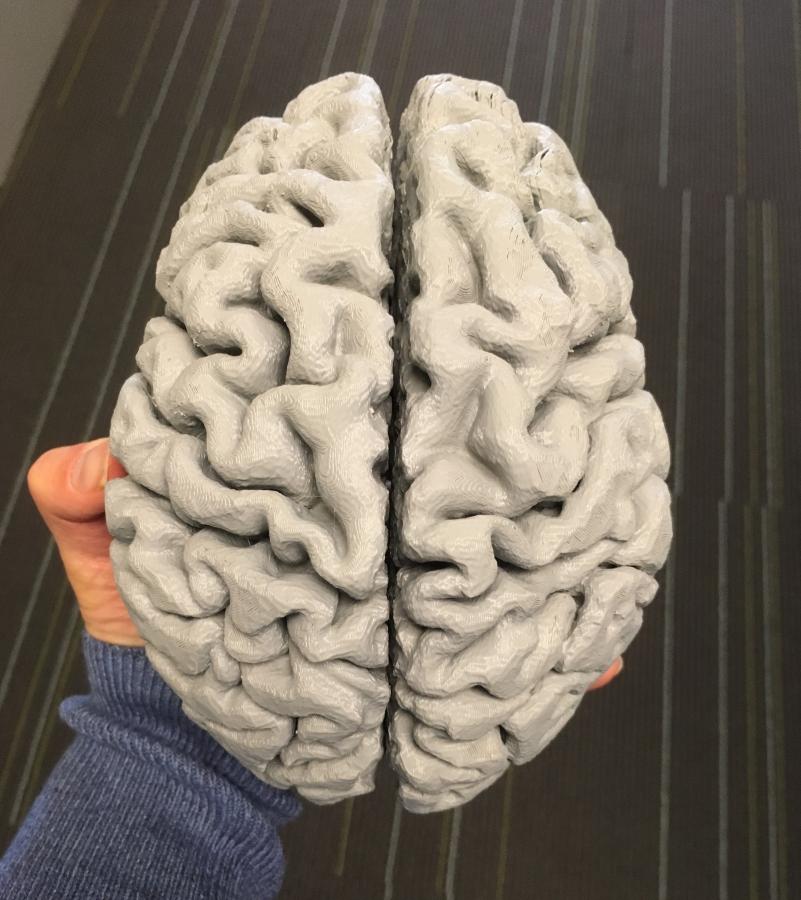 image source: University of washington
image source: University of washington
Embrace the changes that come with menopause with a positive mindset. Celebrate the wisdom that comes with age, viewing this phase as an opportunity for growth, self-discovery, and new beginnings. A positive mindset is a powerful tool, guiding you through the transitions of menopause with grace and optimism.Advertisement
Stay Informed, Stay Empowered: Knowledge as a Source of Confidence
 image source: reddit.com
image source: reddit.com
Arm yourself with knowledge about menopause and its effects. Stay informed through reputable sources, engage in open conversations with healthcare professionals, and seek out support groups or resources that resonate with your experiences. Knowledge is a source of confidence, empowering you to make informed decisions about your health and well-being during this transformative phase.Advertisement


